Hello and welcome to Work Week, the podcast where we tackle a question about the future of work, explore what the research says about the issue, and explain what it all means for you.
I’m your host, Dr. Gabby Burlacu, Senior Manager with The Upwork Research Institute—and what you’re hearing is a digital proxy of my voice, created with the help of AI.
This week, we’re covering a topic that’s top-of-mind for both employers and job seekers: How much AI in the hiring process is too much?
Artificial intelligence is transforming how companies attract, evaluate, and select talent. At the same time, candidates are using AI tools to find and apply for jobs and prepare for interviews.
While these AI technologies drive measurable efficiencies, their use also raises a critical question. How do we ensure that, in our effort to improve speed, accuracy, and quality, we don’t lose sight of the human element in human resources, and especially in hiring?
In this episode, we’ll discuss how AI is showing up on both sides of the hiring process. We’ll also explore what industry data is telling us about the benefits and drawbacks of AI in hiring, as well as how to strike the right balance between automation and human connection.
On the employer side, AI tools are being used for job description generation, resume screening, interview scheduling, candidate scoring, and many other tasks. According to a survey of over a thousand hiring decision makers, published by Express Employment Professionals and The Harris Poll, eighty-three percent of respondents see the benefits of using AI in the hiring process.
Job seekers are also embracing AI. Many are turning to generative tools like OpenAI’s ChatGPT or Google’s Gemini to help with resume formatting, cover letter writing, and mock interviews. In fact, the Express Employment Professionals and Harris Poll research also surveyed over a thousand adults about their job seeking habits. They found that seventy-eight percent of respondents feel it’s appropriate to use AI for drafting resumes and cover letters. However, eighty-four percent prefer to have a person review their application rather than AI alone.
That duality—enthusiasm for AI’s assistance, but a desire for human judgment—underscores a broader truth: AI is helping people navigate the hiring process, but can’t fully replace the value of interpersonal communication and empathy.
And other challenges are emerging. Gartner predicts that, within the next three years, one in four job candidates will have used generative AI to fake their profile. This goes beyond candidates simply using AI to appear more qualified than they are; AI can enable malicious actors who have bad intentions, either to collect a paycheck they couldn’t otherwise earn, or possibly to install malware in a company’s systems or steal confidential information.
The costs of any bad hire can be significant—up to three to four times the position’s salary when you account for both hard and soft costs, such as those associated with failed projects and diminished engagement of existing team members. But resumes built to deceive are a whole other ball game and introduce new risks.
Putting aside those edge cases, while AI can help applicants present themselves more effectively, over-reliance on these tools can lead to generic submissions and create uncertainty about authenticity.
Already, seventy-four percent of hiring managers have seen AI-generated content in resumes, and more than a third have seen AI-created portfolio work, according to a survey distributed by Resume Genius.
This puts hiring managers in a delicate position. They need to gain the benefits of AI to accelerate decision-making, but they also need to keep a human in the loop throughout the hiring process—while also ensuring candidates have the skills, qualifications, and experience they claim.
Let’s take a closer look at some of the data shaping the conversation around AI in hiring.
One key challenge is the balance between comfort and concern.
According to a ServiceNow survey of over a thousand U.S. residents, more than sixty-five percent of respondents are uncomfortable with AI being used in recruiting and hiring, and nearly ninety percent want companies to be transparent about when and how they apply AI. Top concerns included a less personalized candidate experience, potential privacy risks, and a lack of transparency into exactly how AI tools make hiring decisions.
This aligns with a growing field of academic research in industrial-organizational psychology, which emphasizes the importance of applicant reactions—a term that refers to how job seekers perceive the hiring process. When candidates feel a process is overly automated, impersonal, or unclear, it can decrease the chance of their accepting an offer, and also harm their view of the employer brand.
Another concept in industrial-organizational psychology, relevant to the use of AI in hiring, is applicant faking. When systems become predictable or overly reliant on keyword scanning, some candidates attempt to game them—stuffing resumes, using generic AI-generated language, or trying to optimize their resume for bots rather than present themselves genuinely.
That’s not a fault of the AI—but is a signal that the system may need recalibration.
Importantly, the vast majority of hiring managers agree that AI isn’t a replacement for human involvement. In the Express-Harris Poll survey discussed earlier, eighty-nine percent of hiring managers said it’s essential to have people involved in evaluating soft skills, like cultural fit and attitude. The same survey found that sixty-eight percent believe the risks of AI outweigh the rewards if human input is entirely removed.
So, where does this leave us? With a clear mandate: use AI to improve hiring—but don’t remove the people from the process.
This is where thoughtful design comes into play.
For example, at Upwork we’ve introduced a range of features that support efficiency while preserving the integrity of human judgment. Powered by Uma, Upwork’s Mindful AI, freelancers get help drafting proposals so that they stand out to potential clients.
On the client side, Uma helps draft tailored job posts, and the AI can also show side-by-side comparisons of qualified freelancers, among other benefits.
AI-powered features like these are integrated directly into the Upwork platform while also maintaining the human element. Through Upwork Messaging, freelancers and clients can be the ones to schedule interviews via chat, voice call, or video call to connect directly before moving forward with an offer.
This is just one example of how AI and human input can lead to a qualified, trusted hire.
More broadly, the misgivings people have regarding AI in the hiring process, while at the same time recognizing its value, is a reminder for companies across industries. Whether you’re hiring employees or engaging freelancers, AI should enable the connections people can make during the process—not create barriers between them.
This means thinking intentionally about how to deploy technology at key moments in the hiring process. Use AI to handle repetitive or time-consuming tasks—like scheduling or initial filtering. Create space for people to evaluate soft skills like empathy, problem-solving, and collaboration. Make your use of AI transparent so candidates understand what to expect. And collect feedback regularly to monitor and improve the candidate experience.
For organizations navigating the future of work and hiring, this hybrid model—human-led and tech-supported—offers the best of both worlds.
As always, we like to end each episode of Work Week with an action item and a reflection question.
For your action for this week, if you're involved in hiring, take a fresh look at your process and identify one step where human connections can be reintroduced or elevated. Maybe that means adding a personalized message during outreach, incorporating a short video introduction, or carving out more time for candidates to ask questions during interviews.
And if you’re a job seeker or advising others in the process, consider how you can bring more of your authentic self into your applications—even if you use AI to get started. A resume that reflects your real voice, or a cover letter that genuinely expresses why you’re interested in a role, will stand out far more than a job application that’s only been optimized for algorithms.
Now for your reflection question: What would your hiring process look like if you used AI to create more opportunities for meaningful interactions?
Could the same tools that help you move faster also help you listen better, ask deeper questions, or discover candidates you may otherwise overlook?
That’s the promise of using AI mindfully—not as a replacement for judgment, but as a partner in creating better, more inclusive, and more human-centered hiring experiences. The best hires aren’t simply found through smart systems—they’re discovered through real conversations.
Thank you for tuning in to this episode of Work Week. I’m Dr. Gabby Burlacu and this week, we explored the question, How much AI in the hiring process is too much? The answer? Entirely automating hiring and removing the human element is too much. By striking a balance between using automation to drive efficiencies while maintaining human touchpoints, you can support an engaging candidate experience and make better informed hiring decisions.
If this episode sparked new ideas or gave you something to think about, share it with a colleague or friend. And don’t forget to subscribe so you can stay up to date on how the world of work is evolving.







.png)
.png)
.png)
.png)
.png)
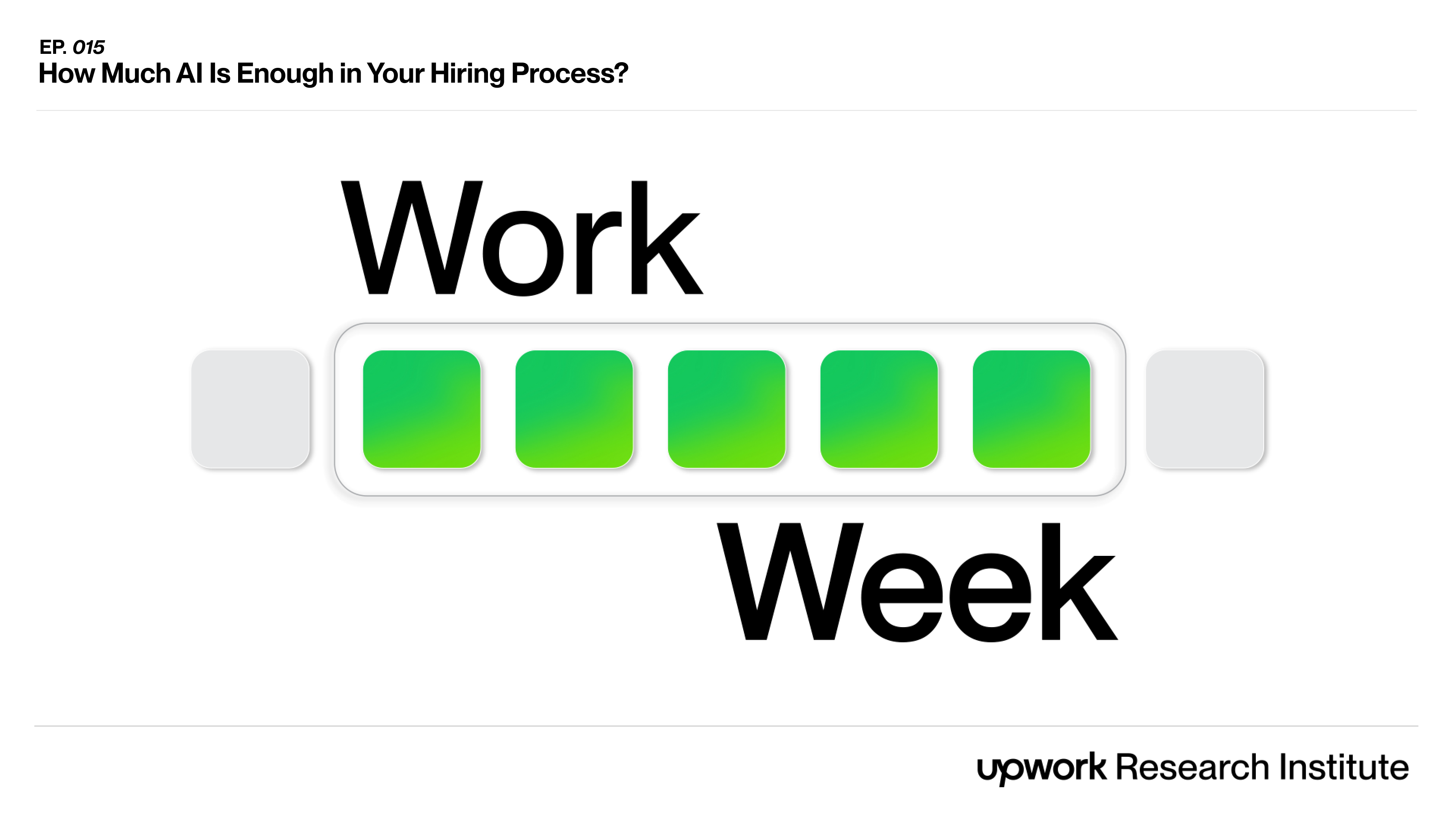


.png)

-p-500.jpg.png)

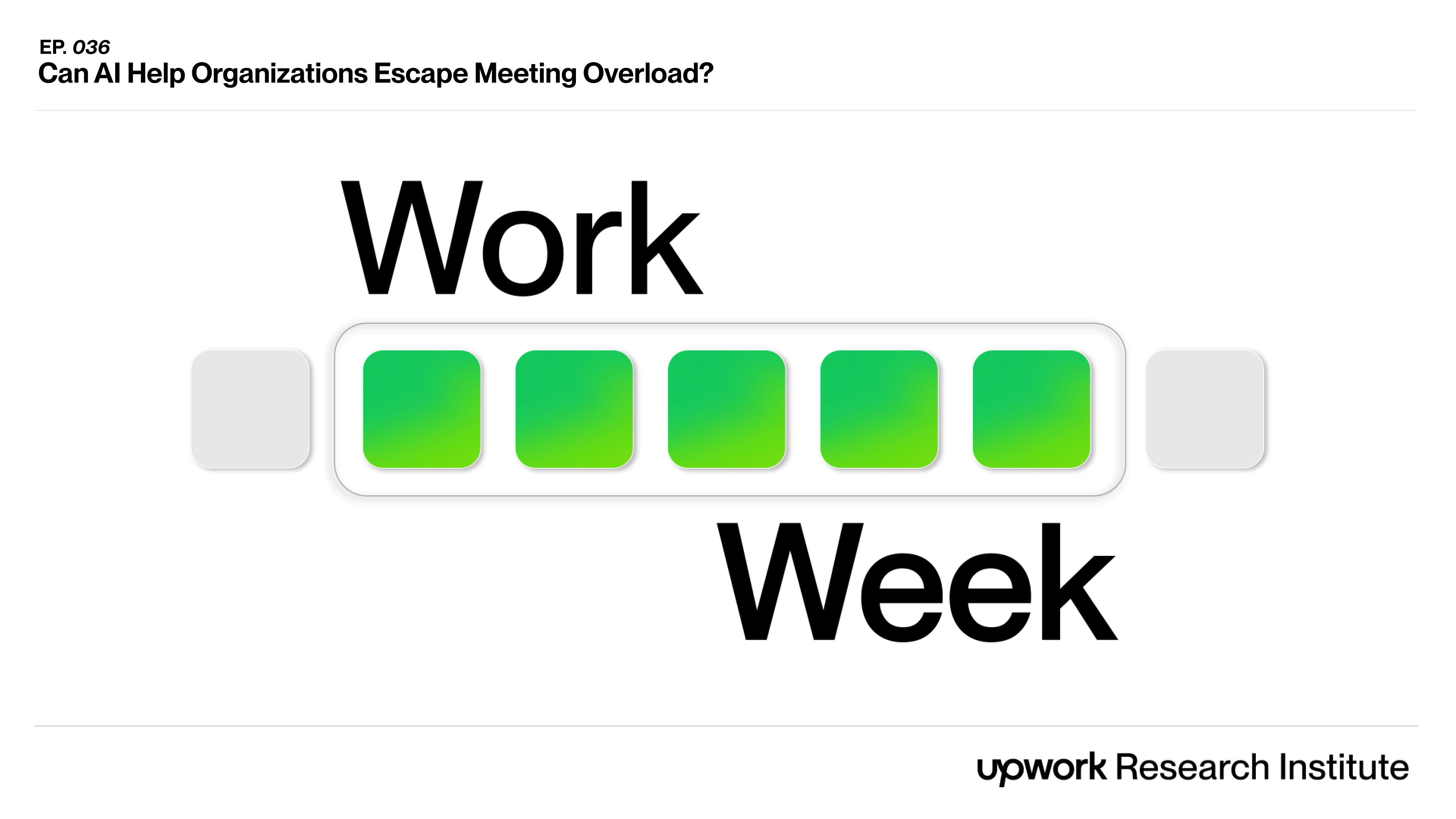

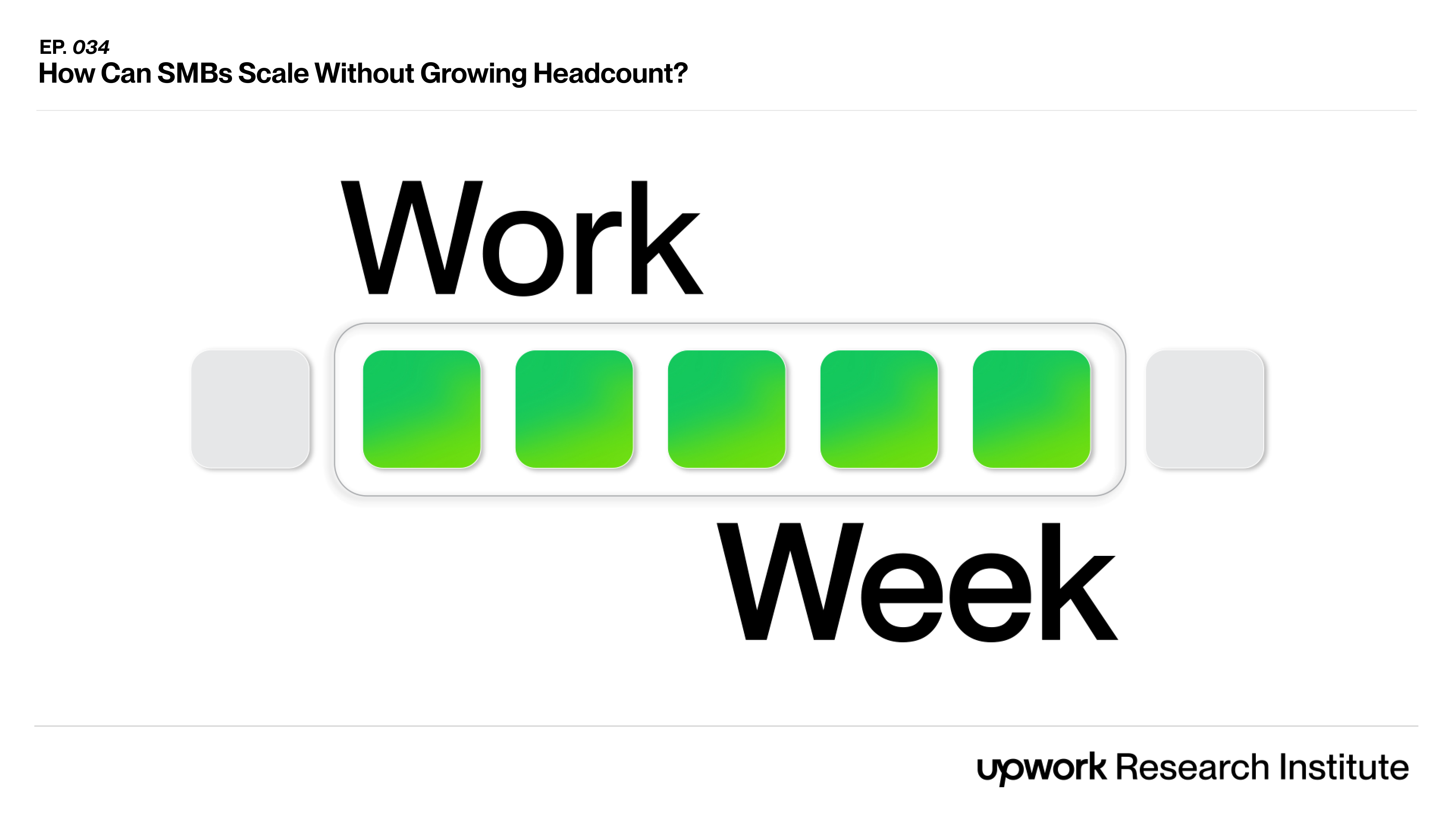
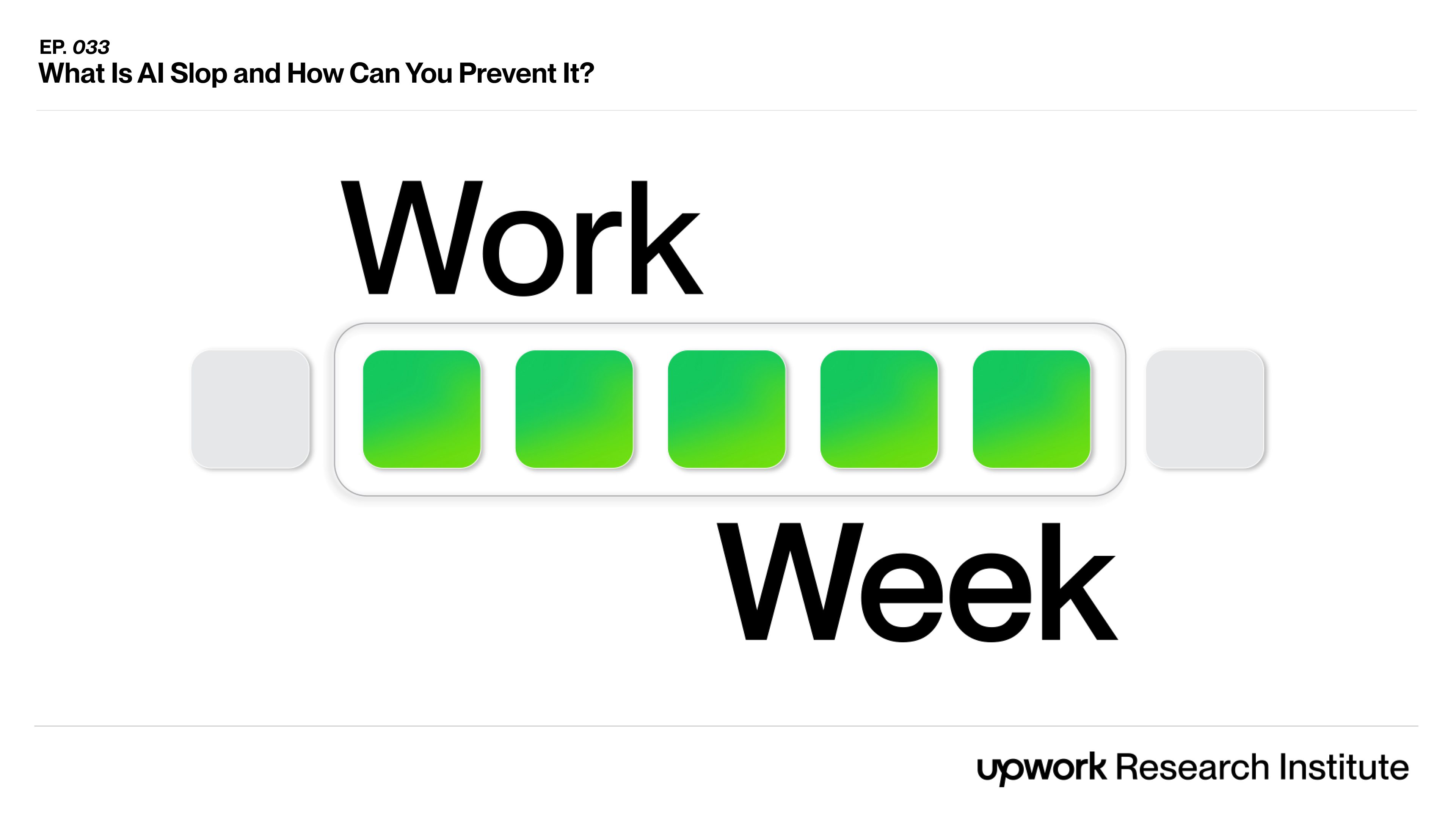
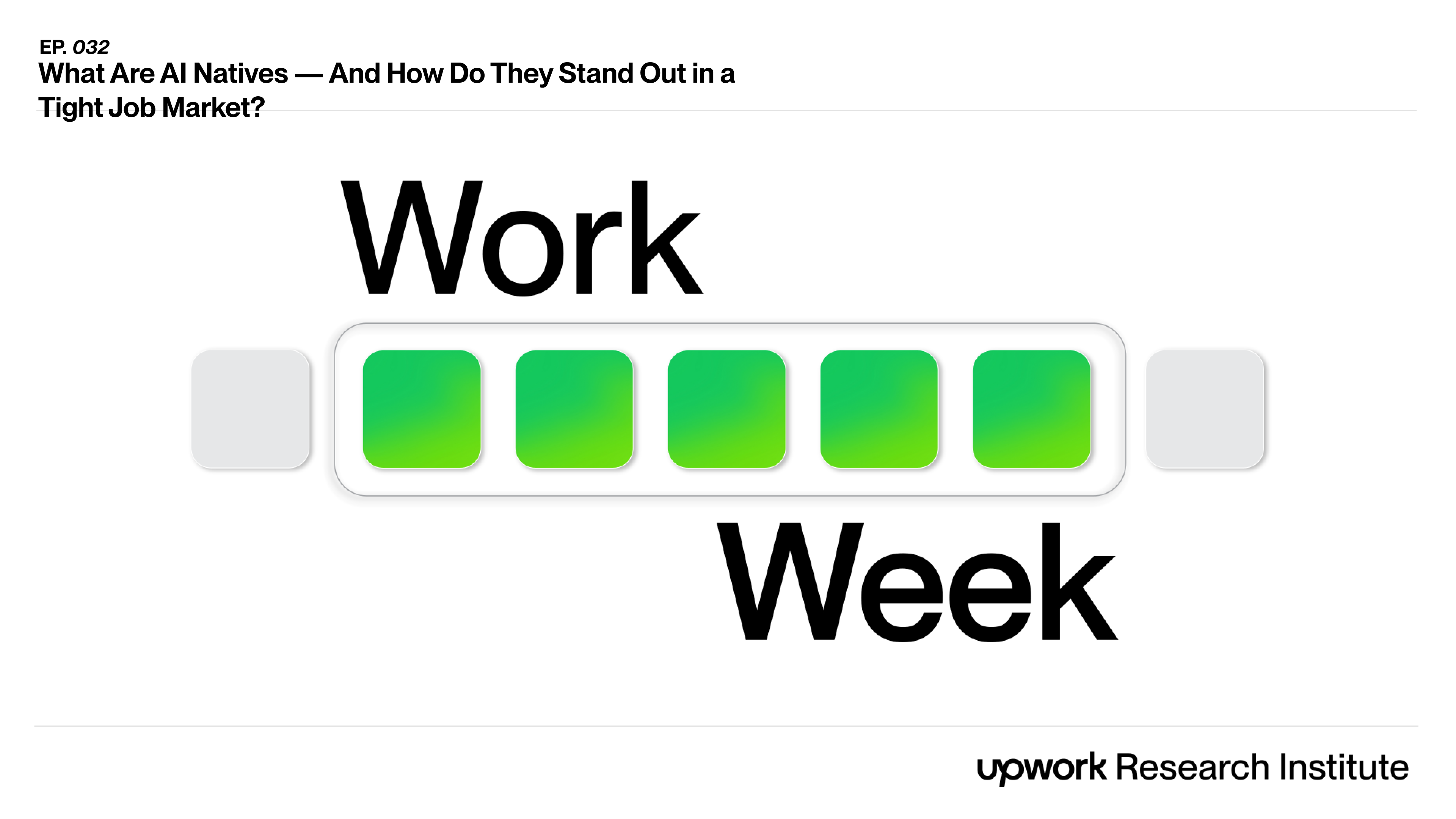
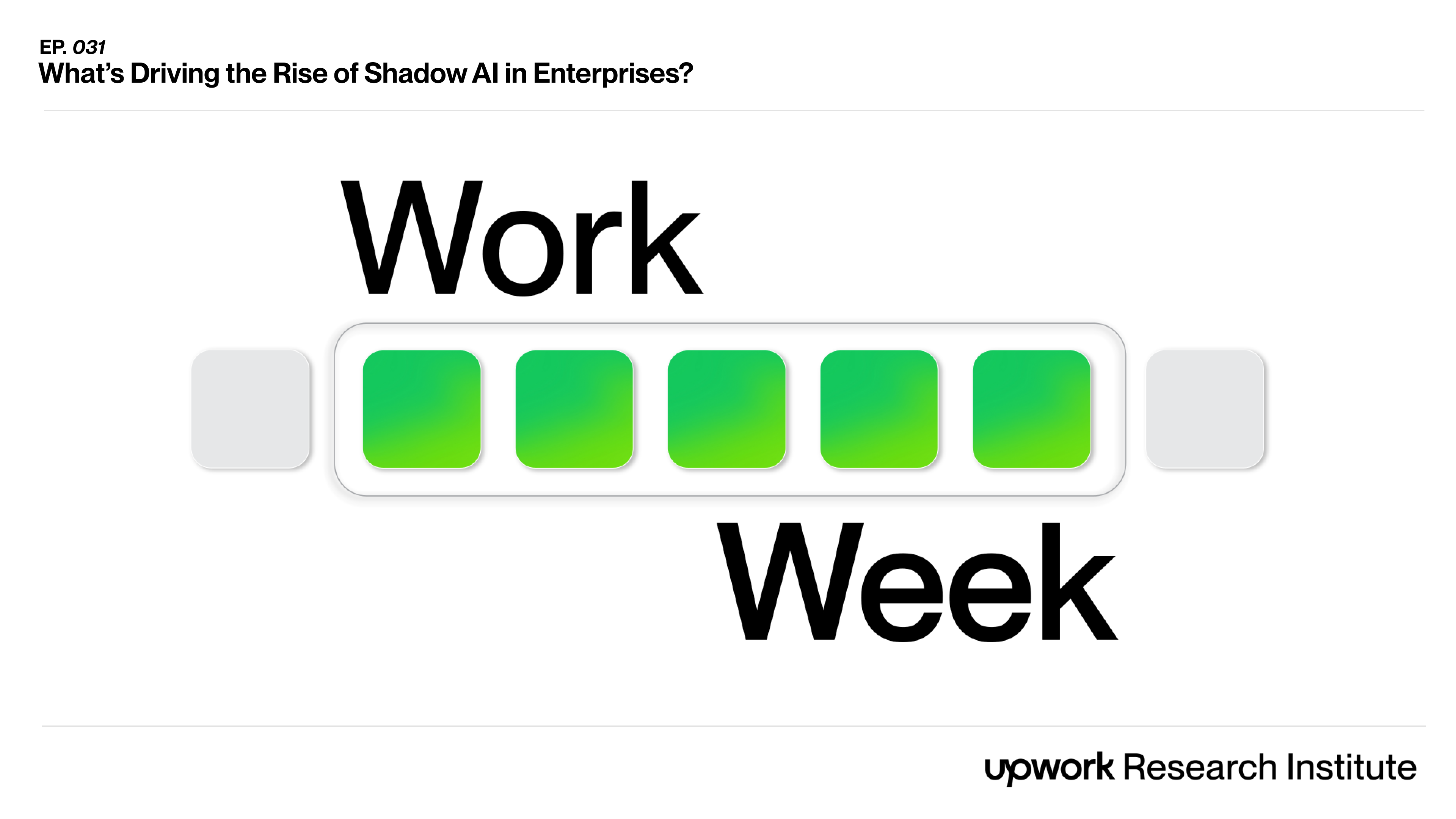
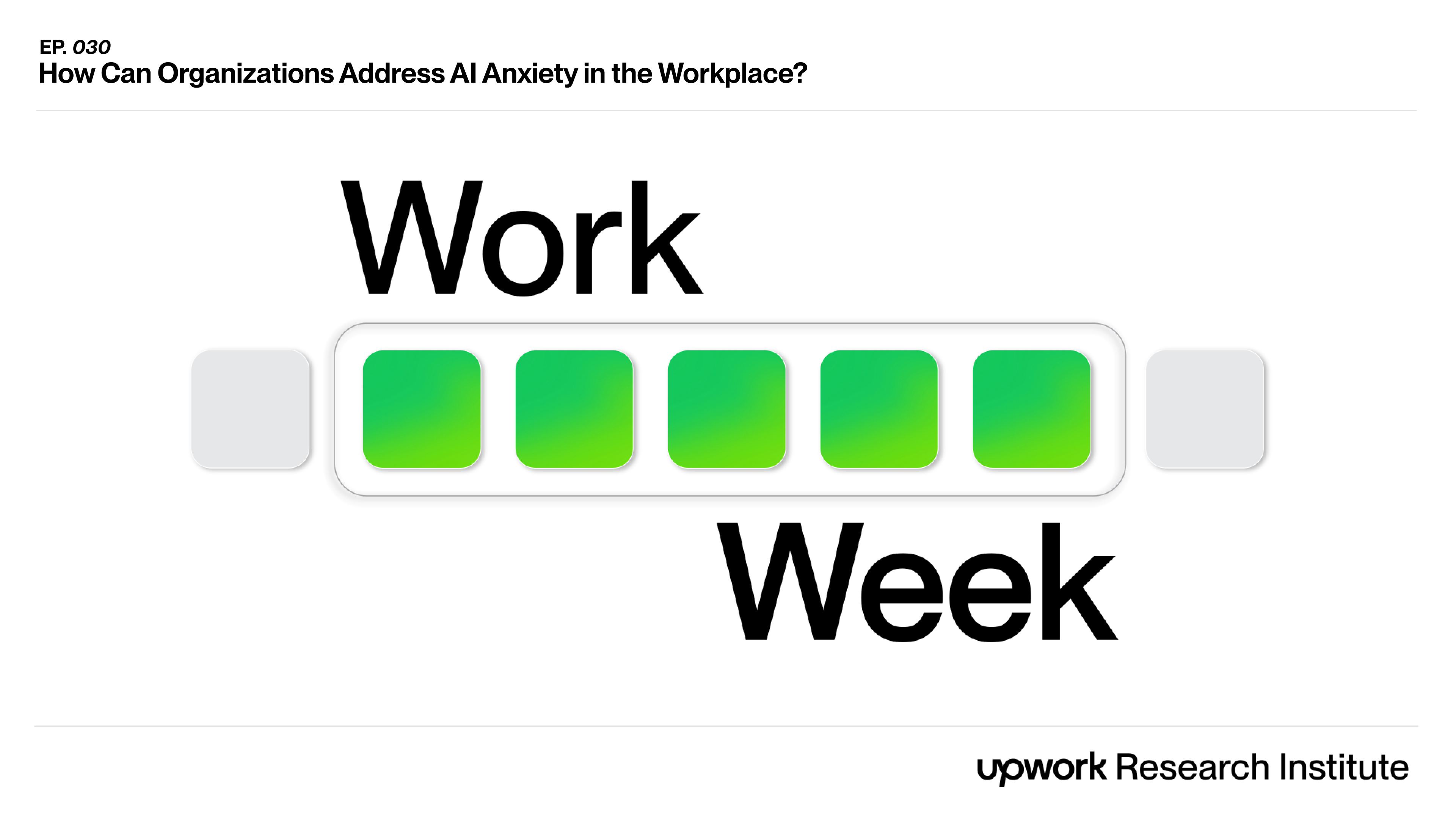
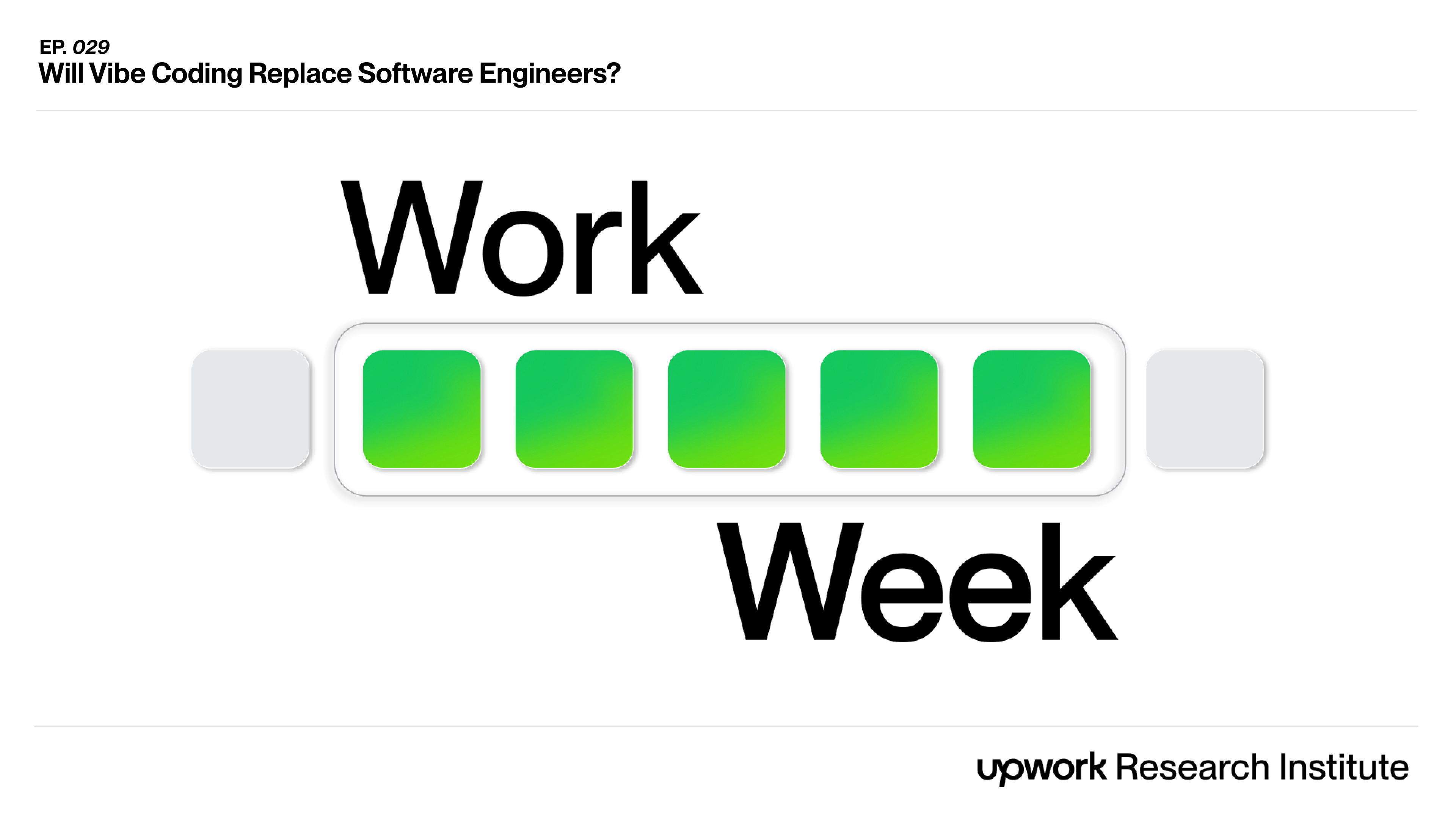
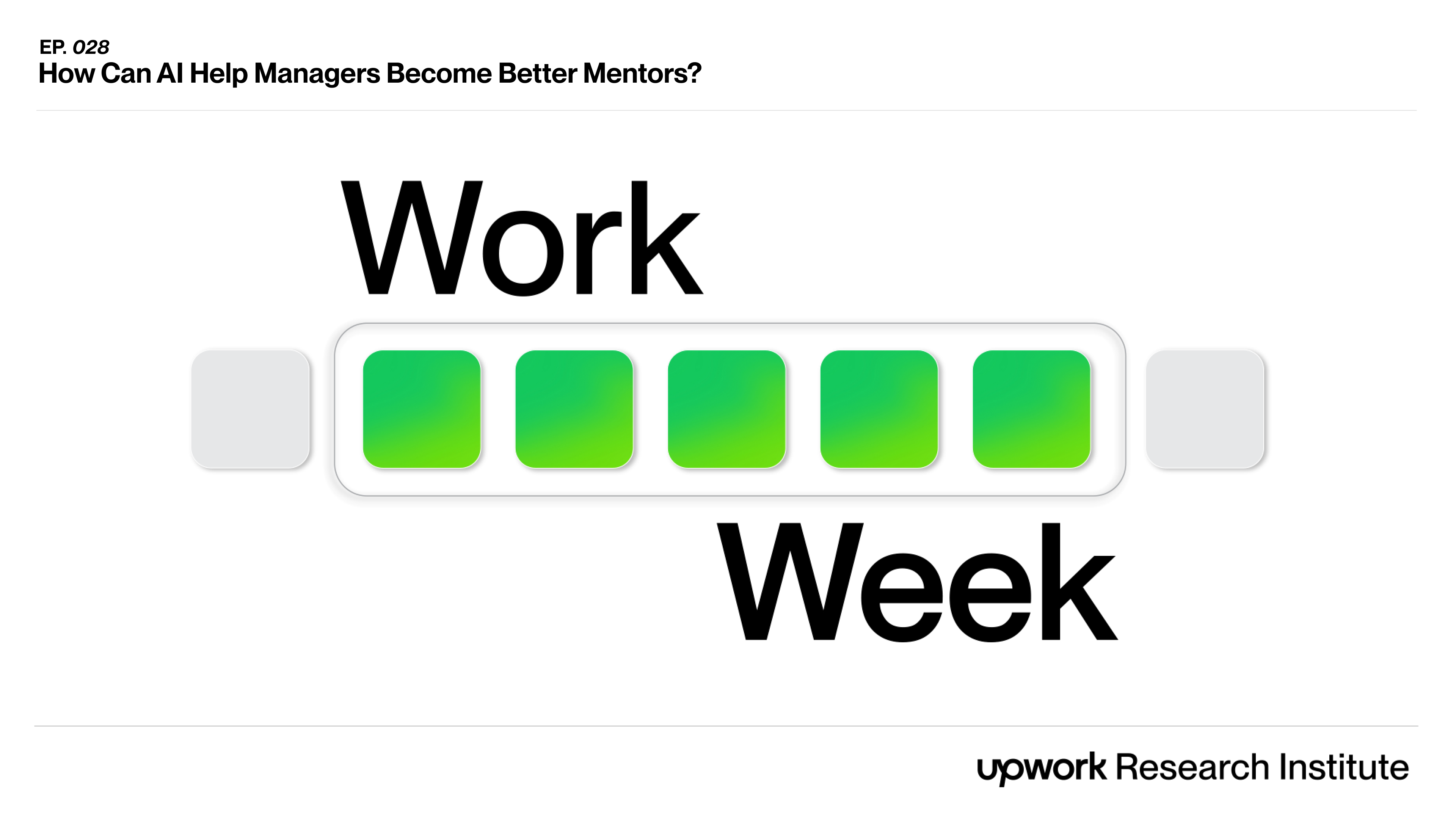

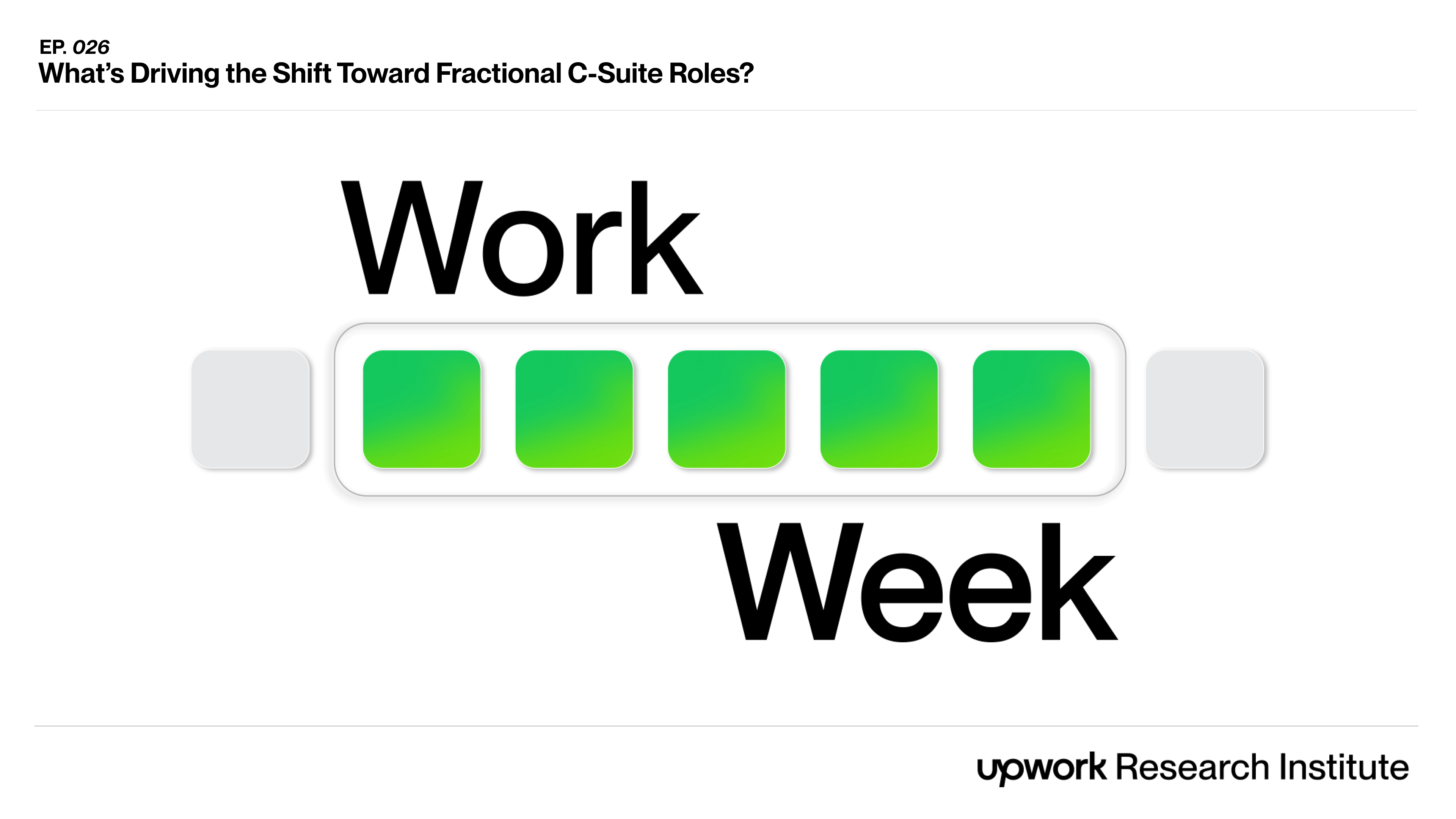
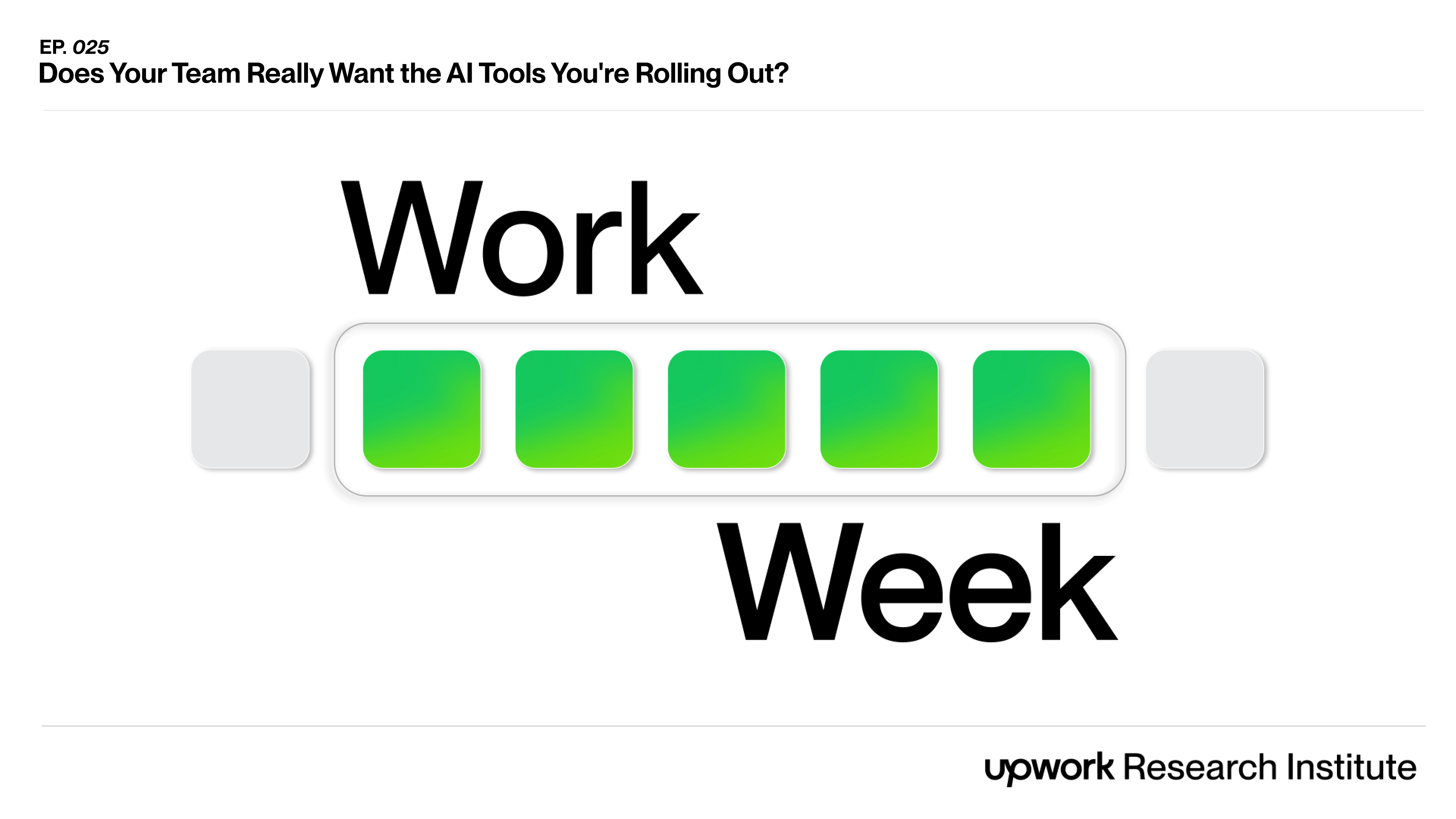
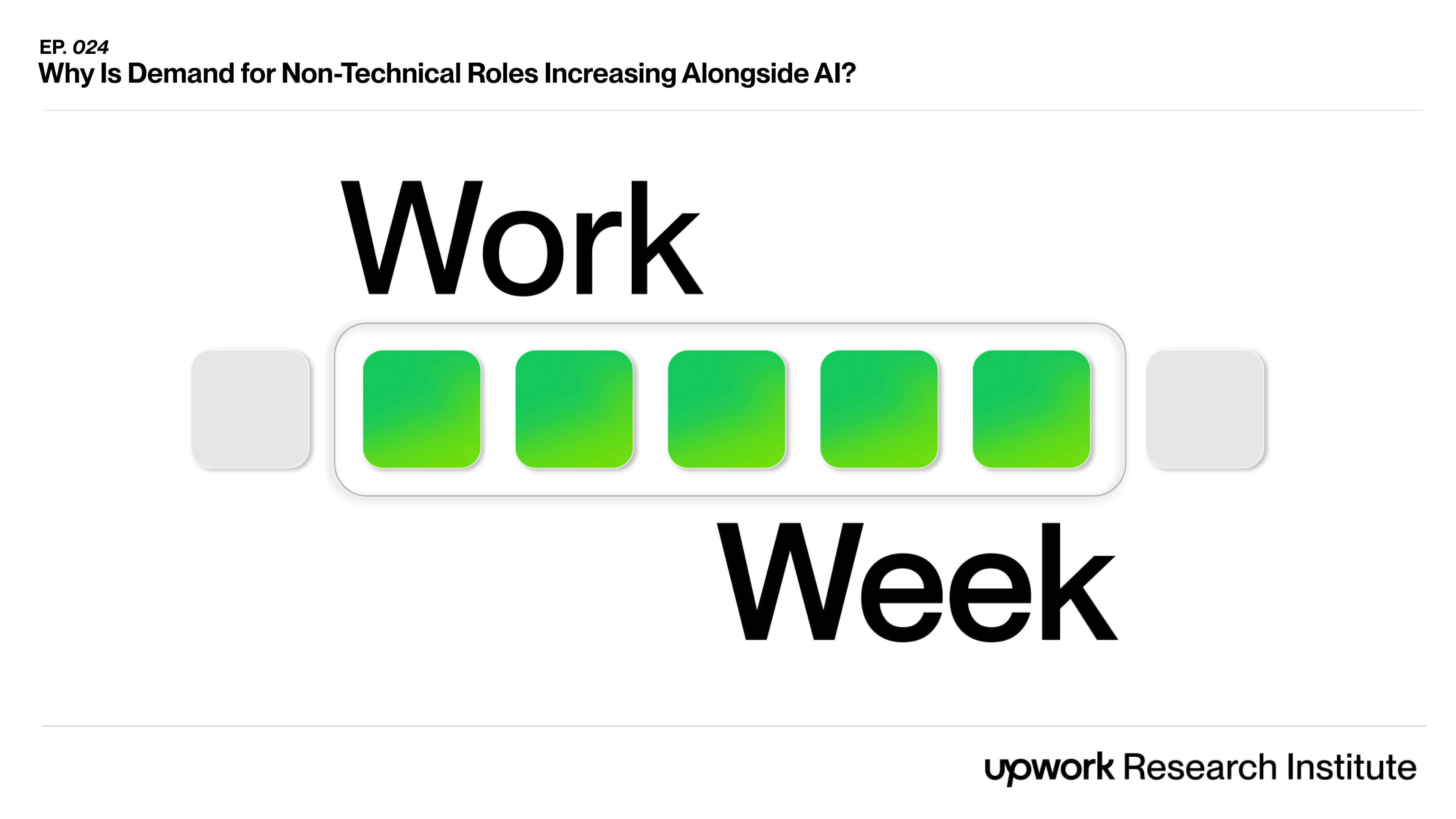
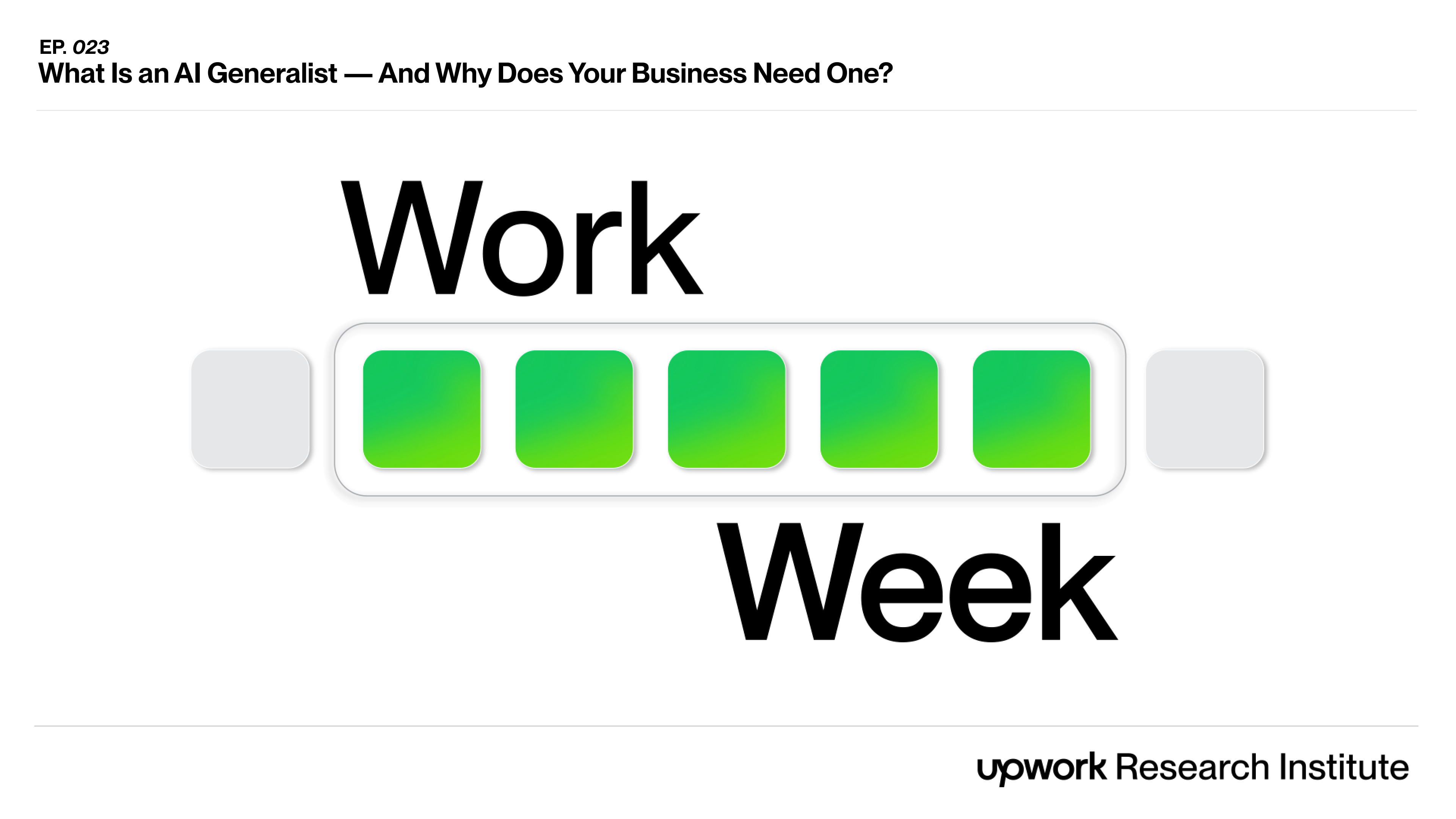
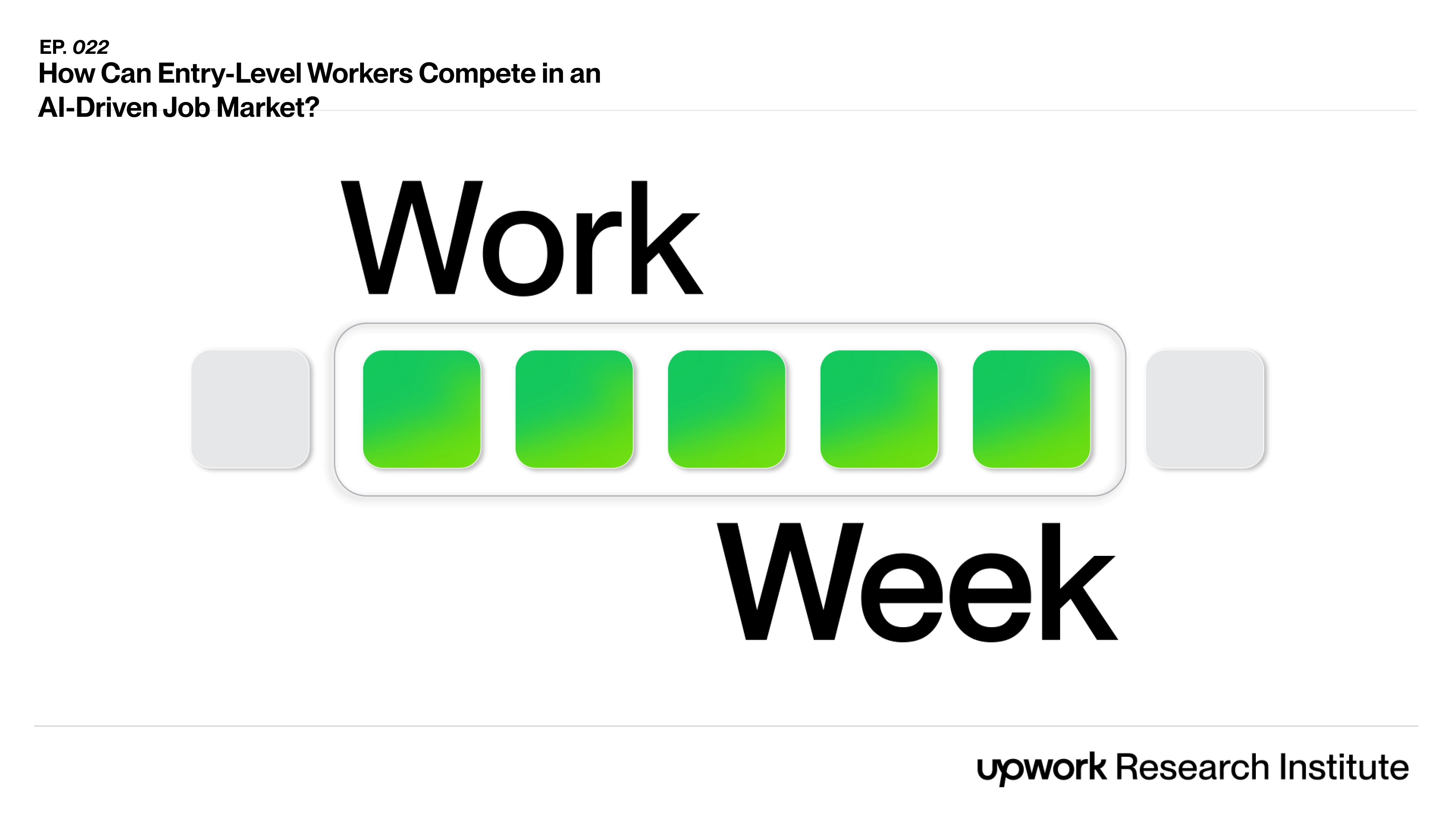

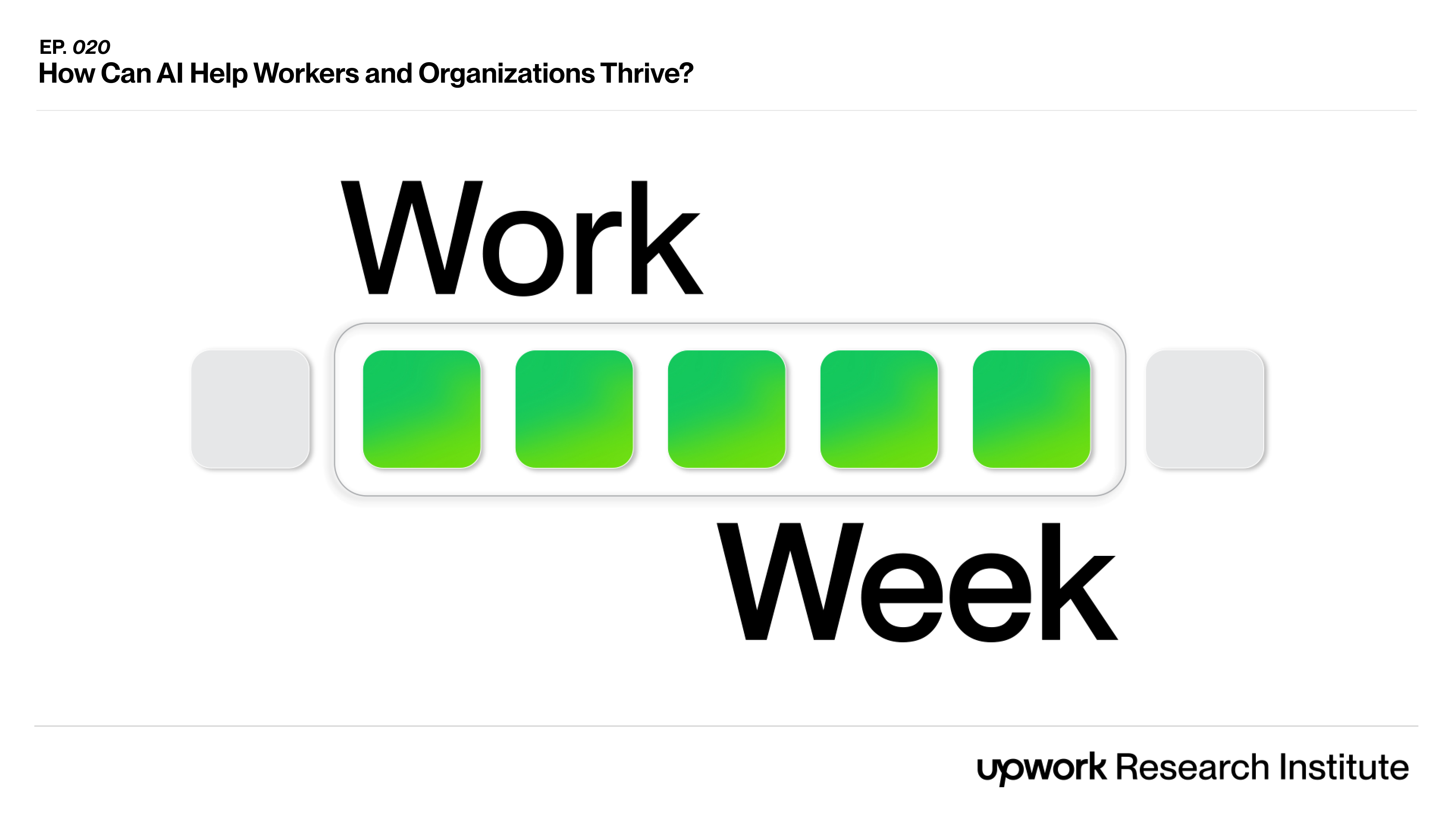
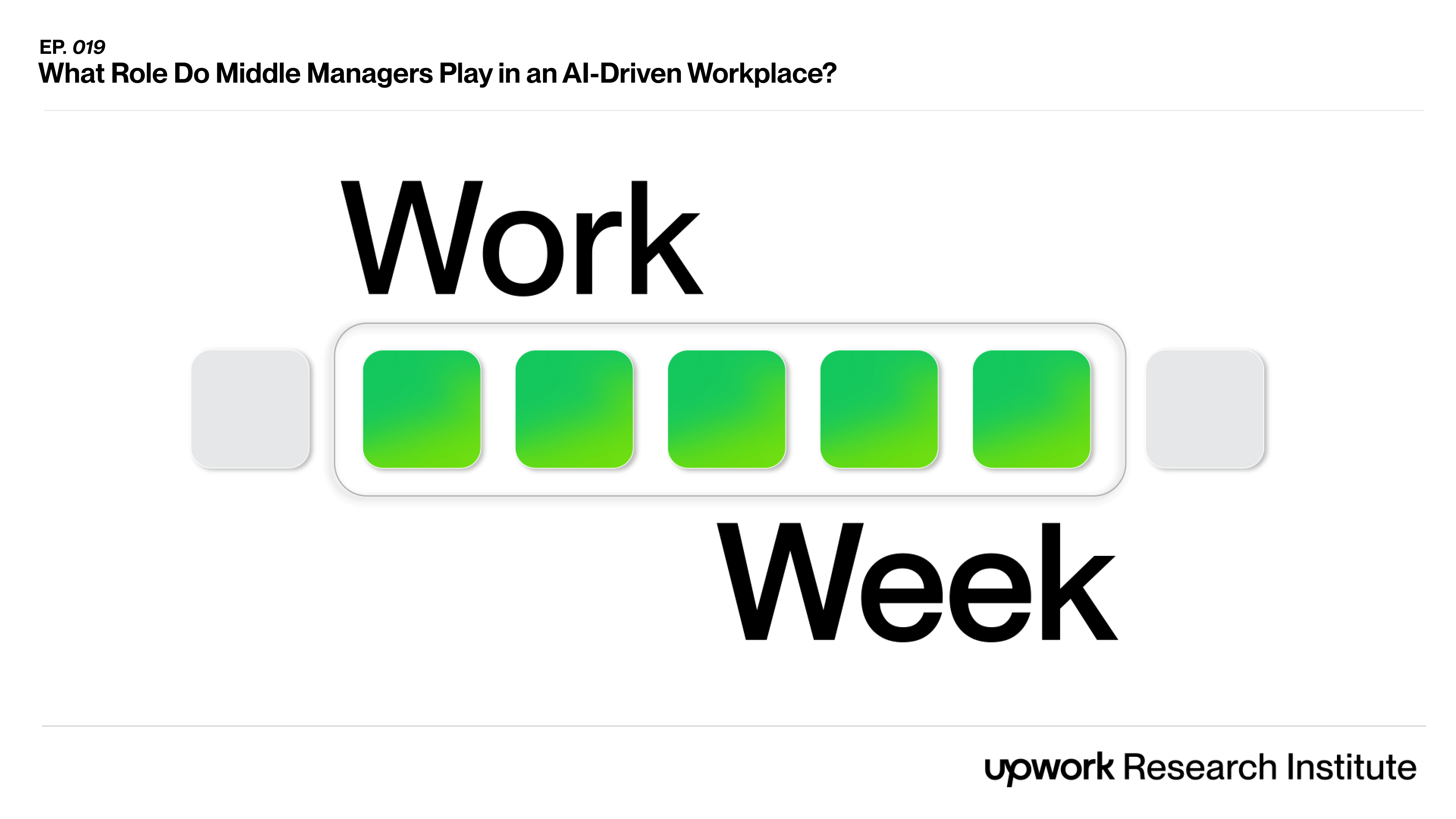
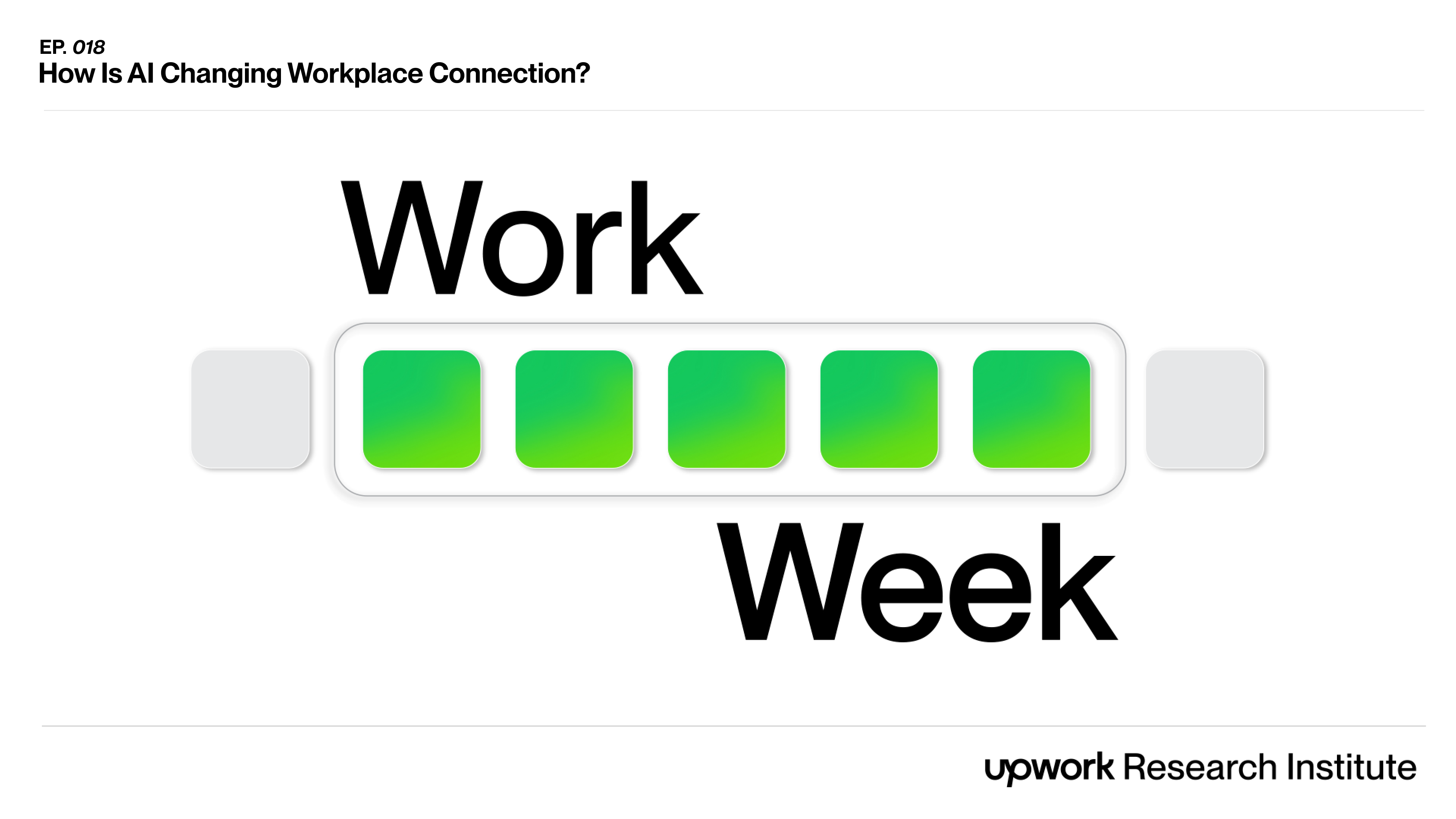

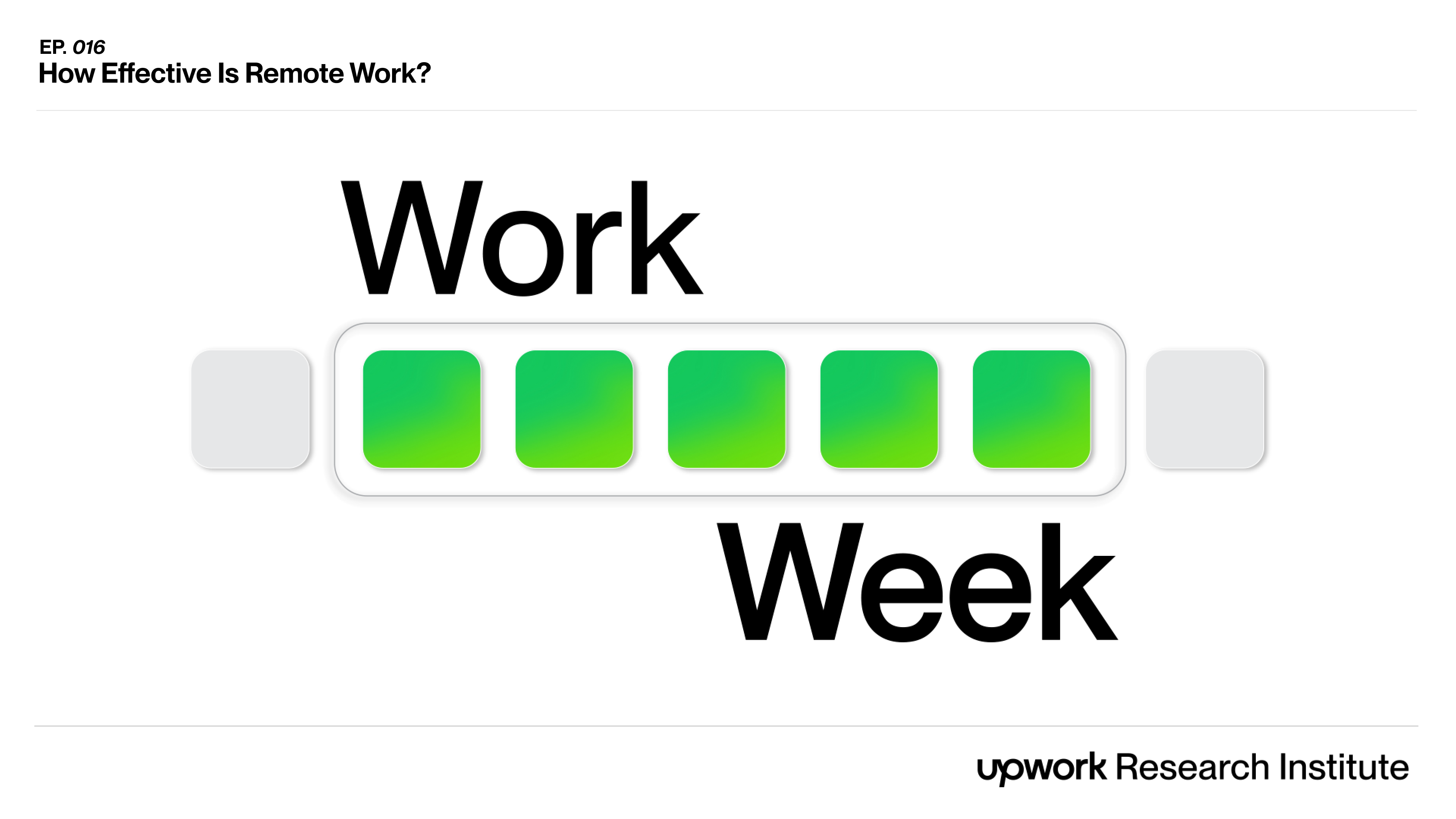

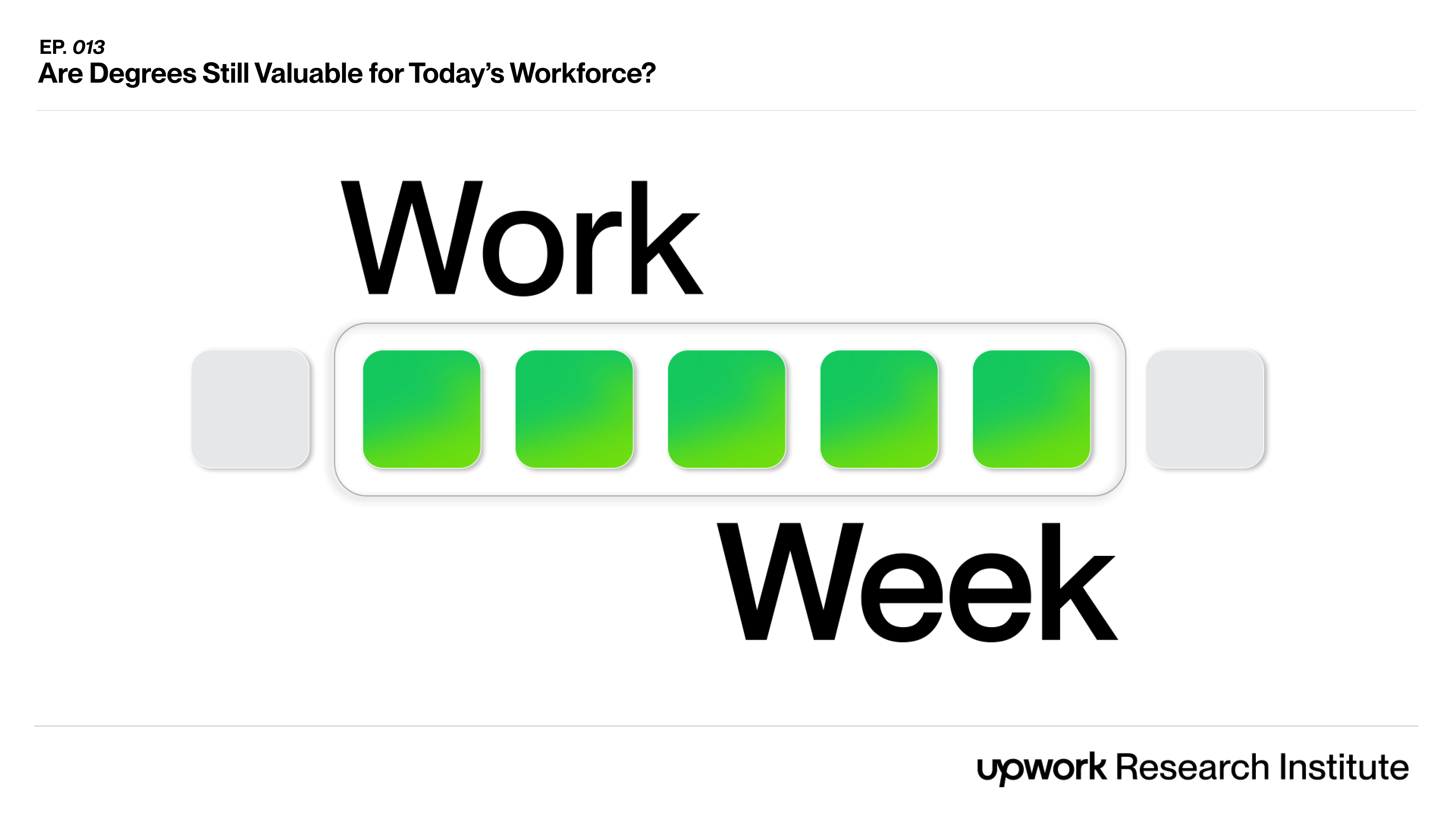
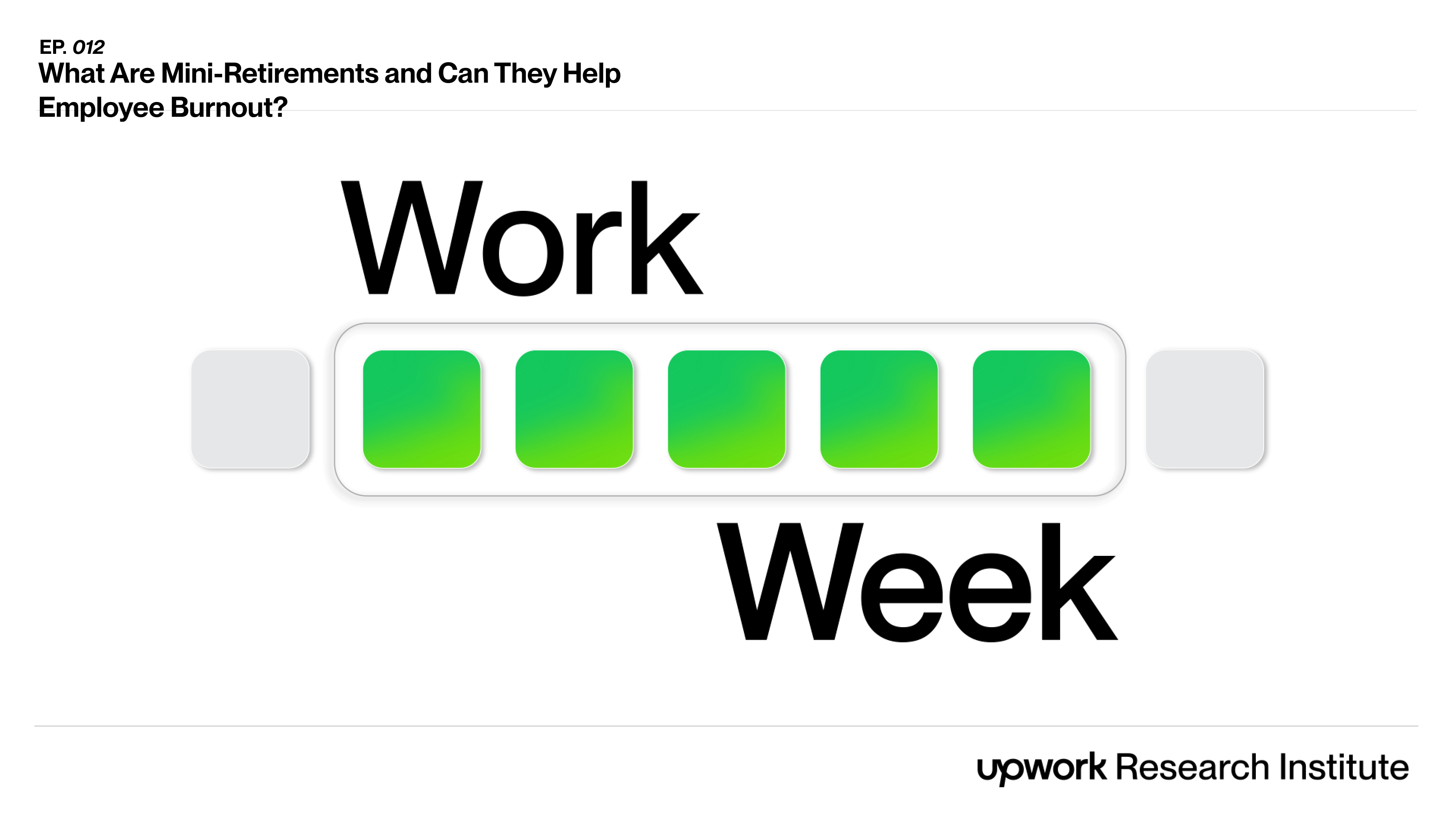
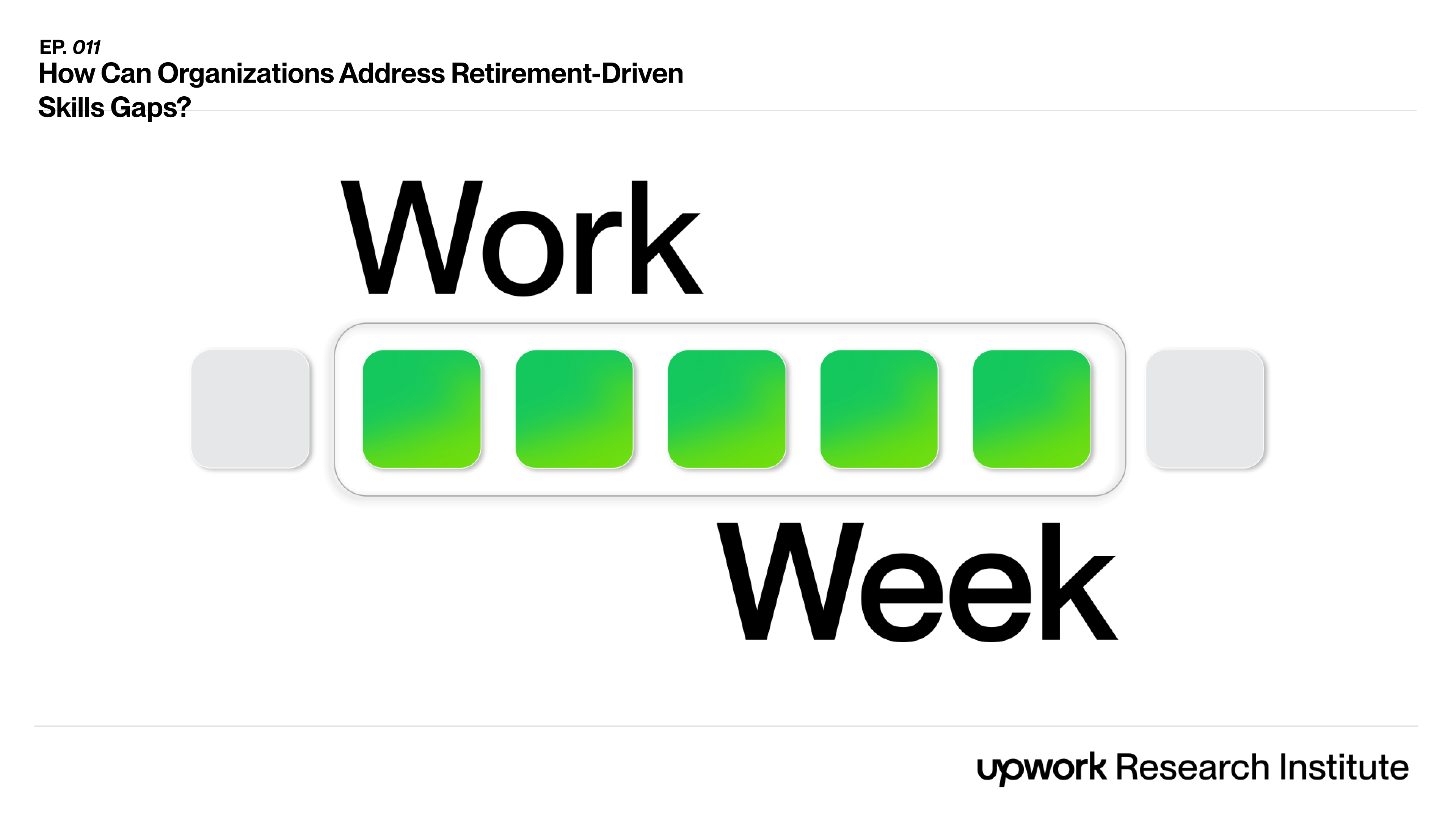
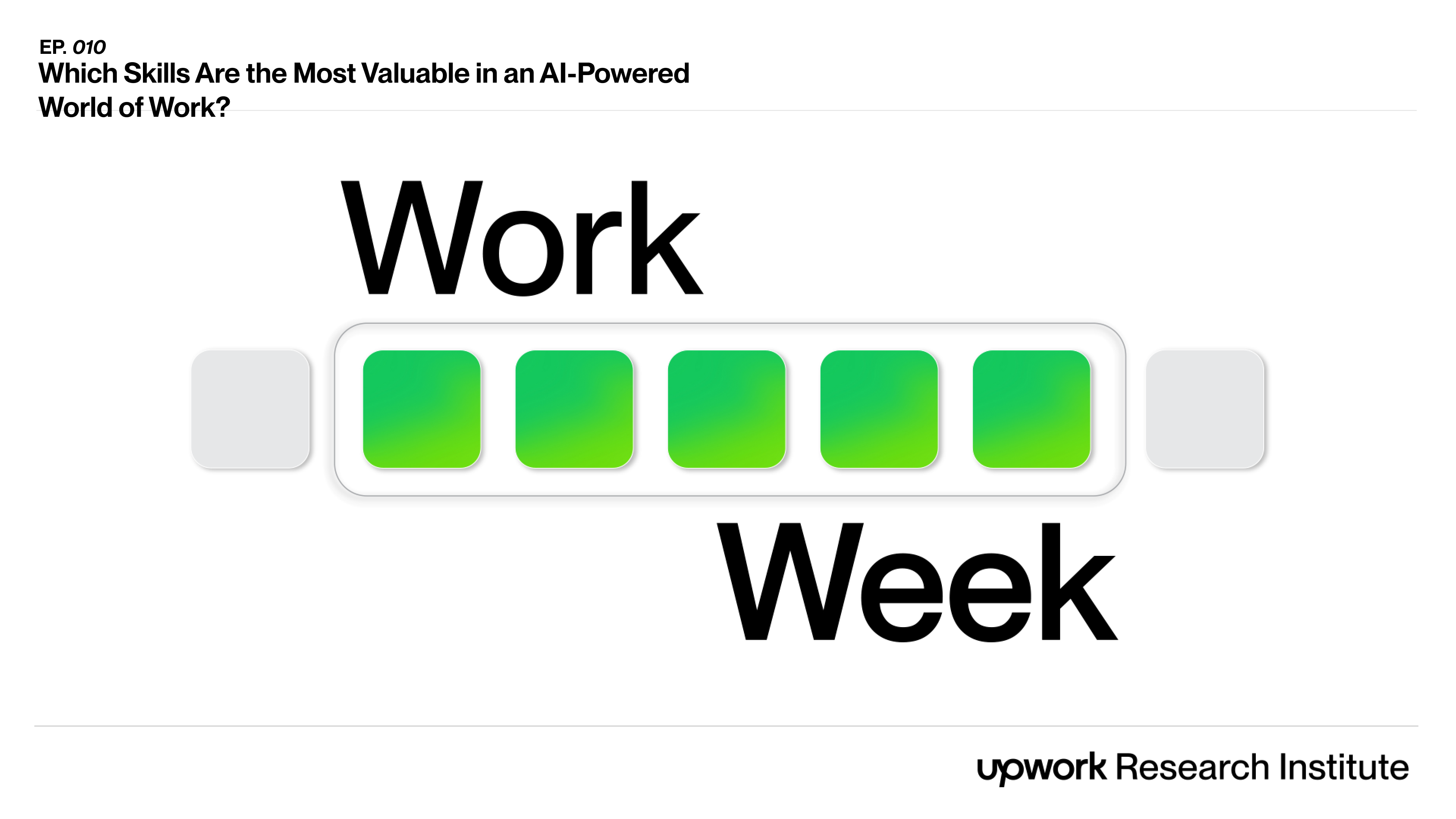
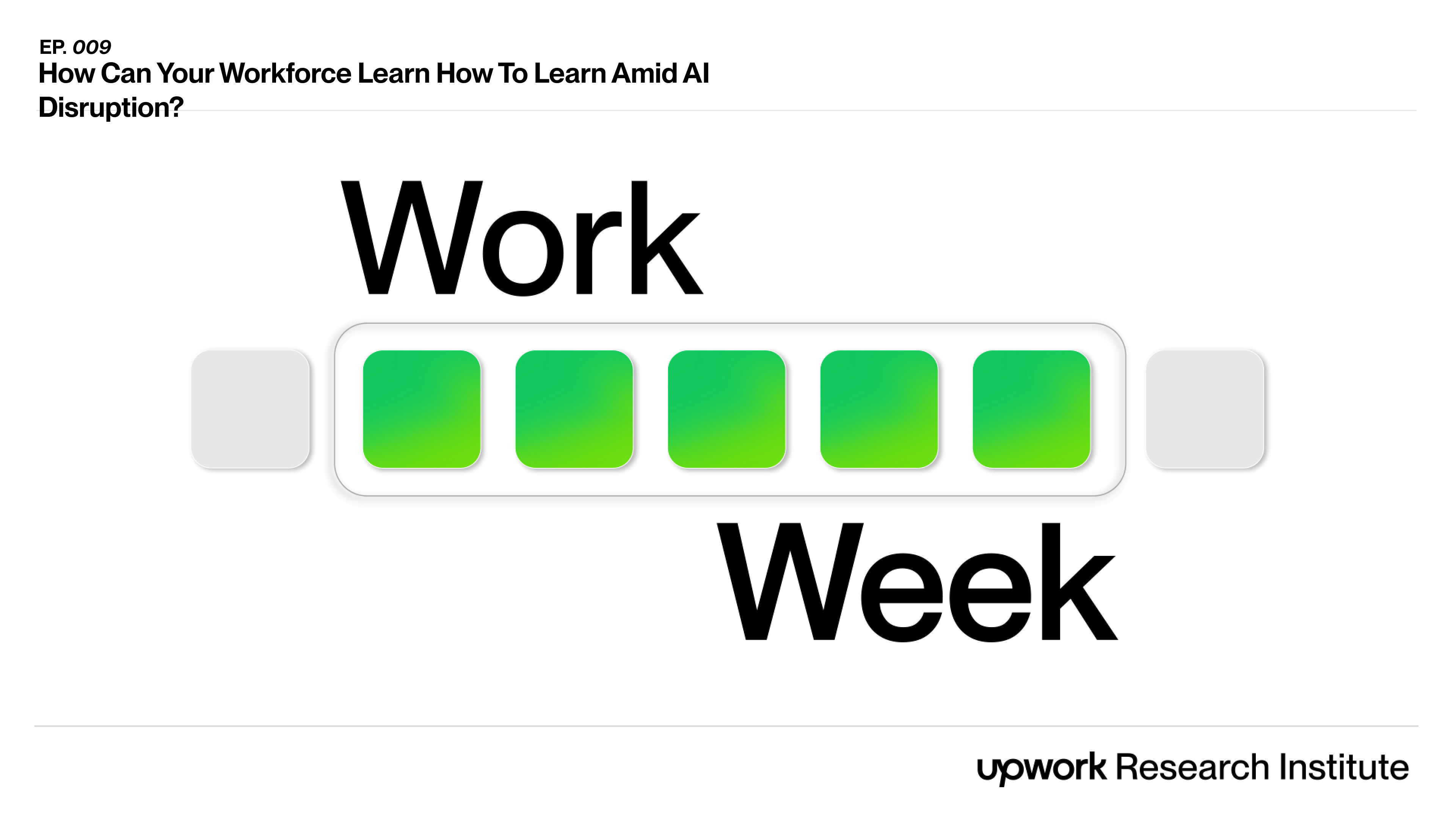
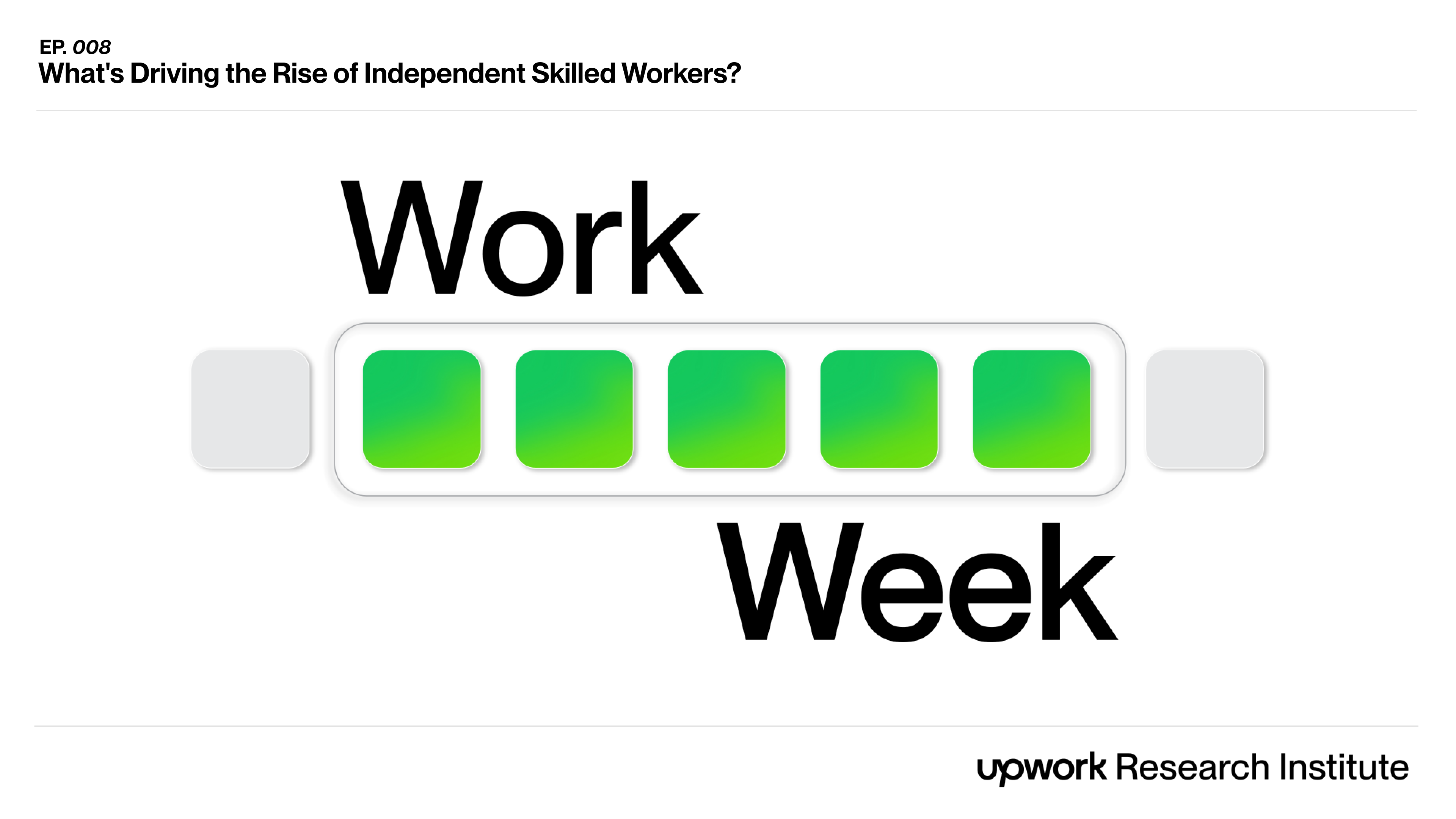
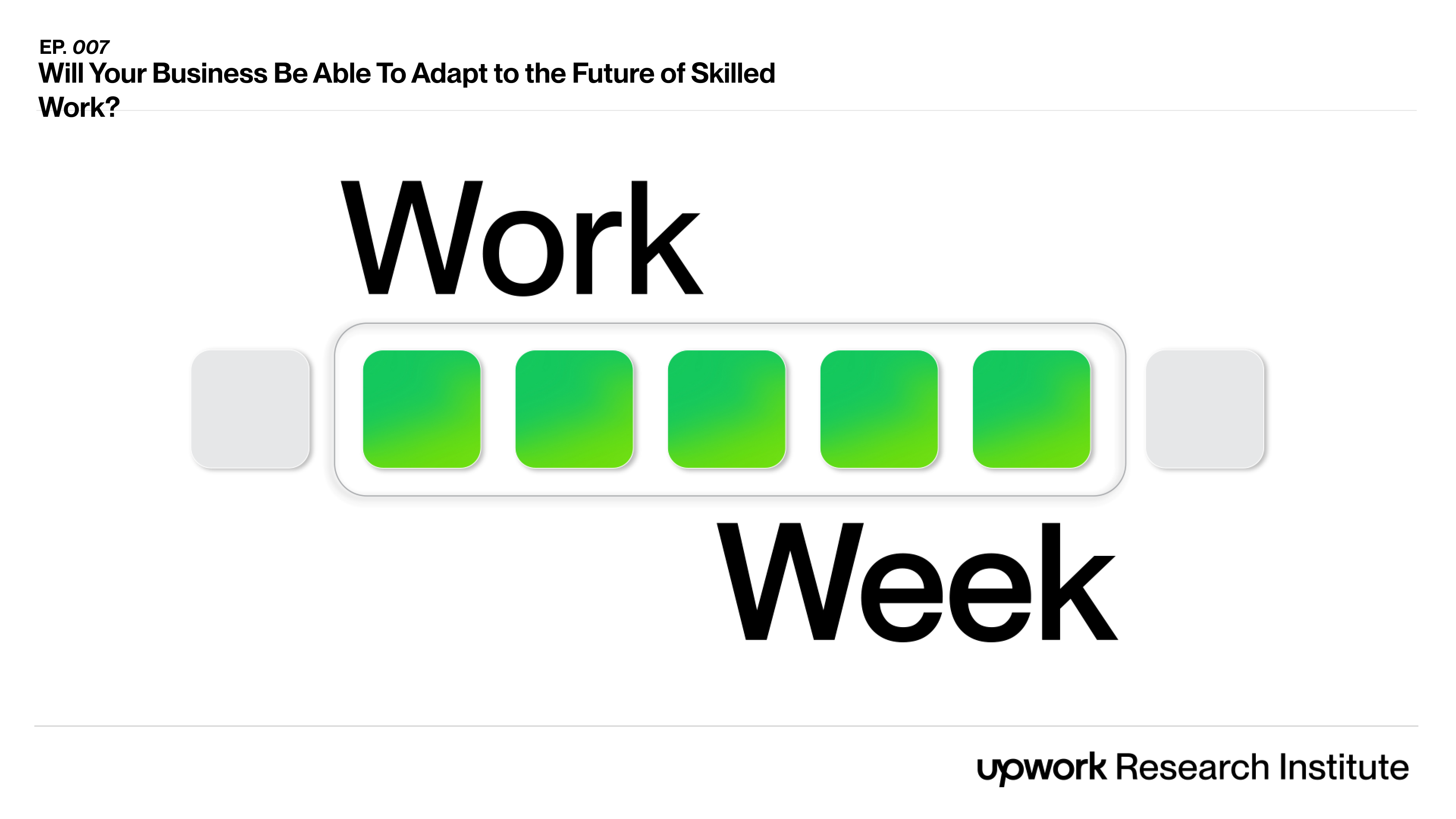
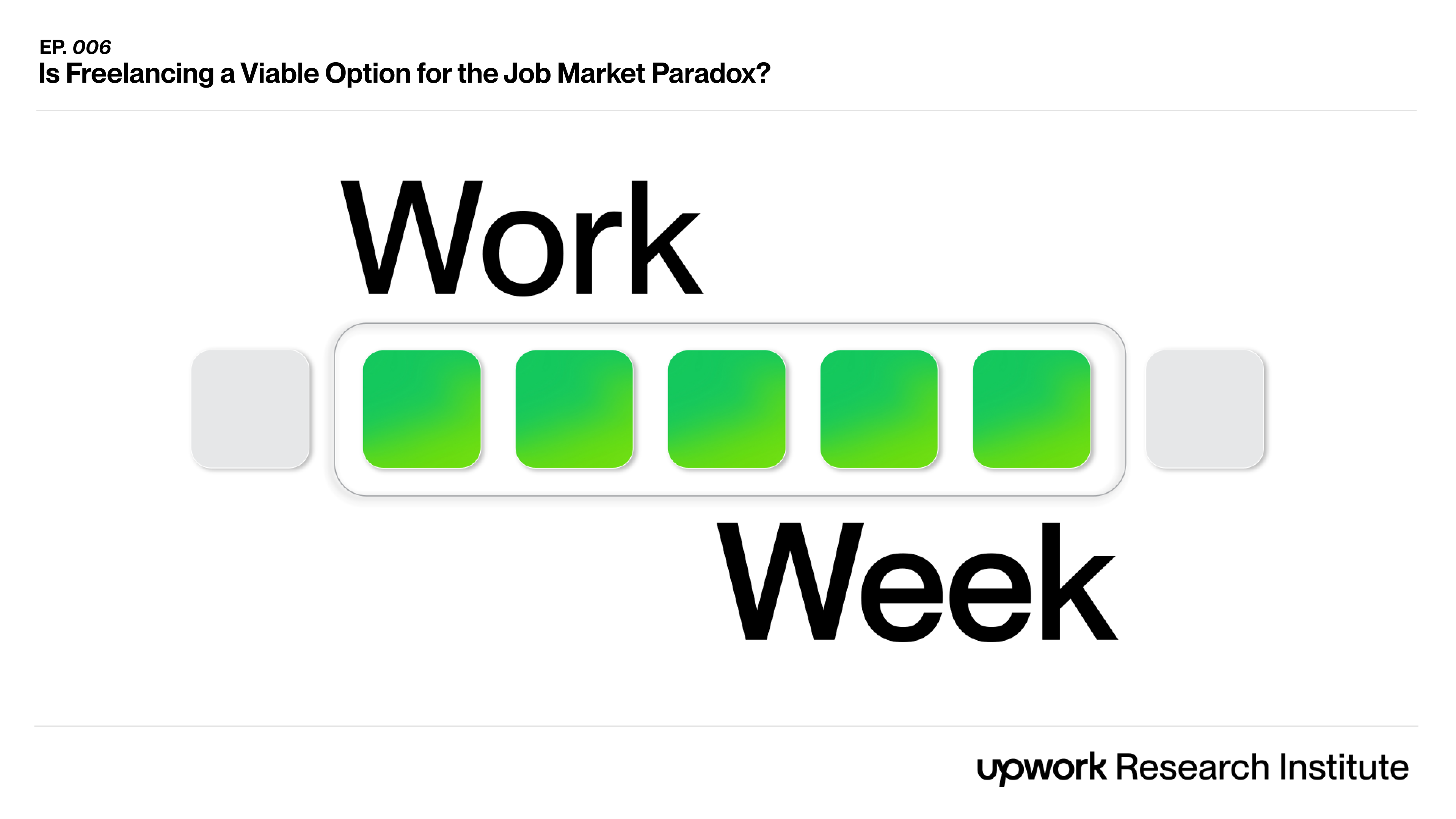
.png)
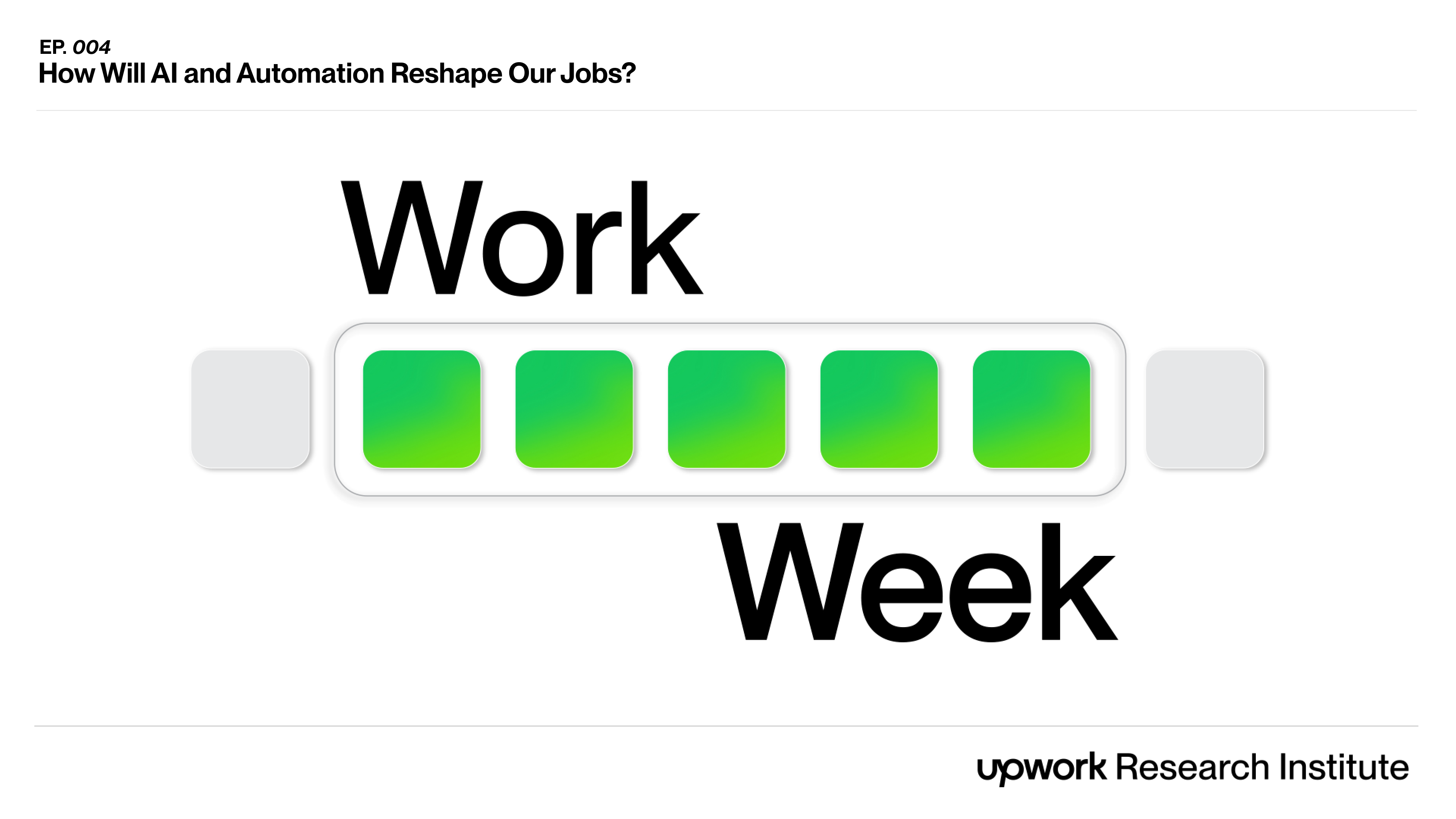

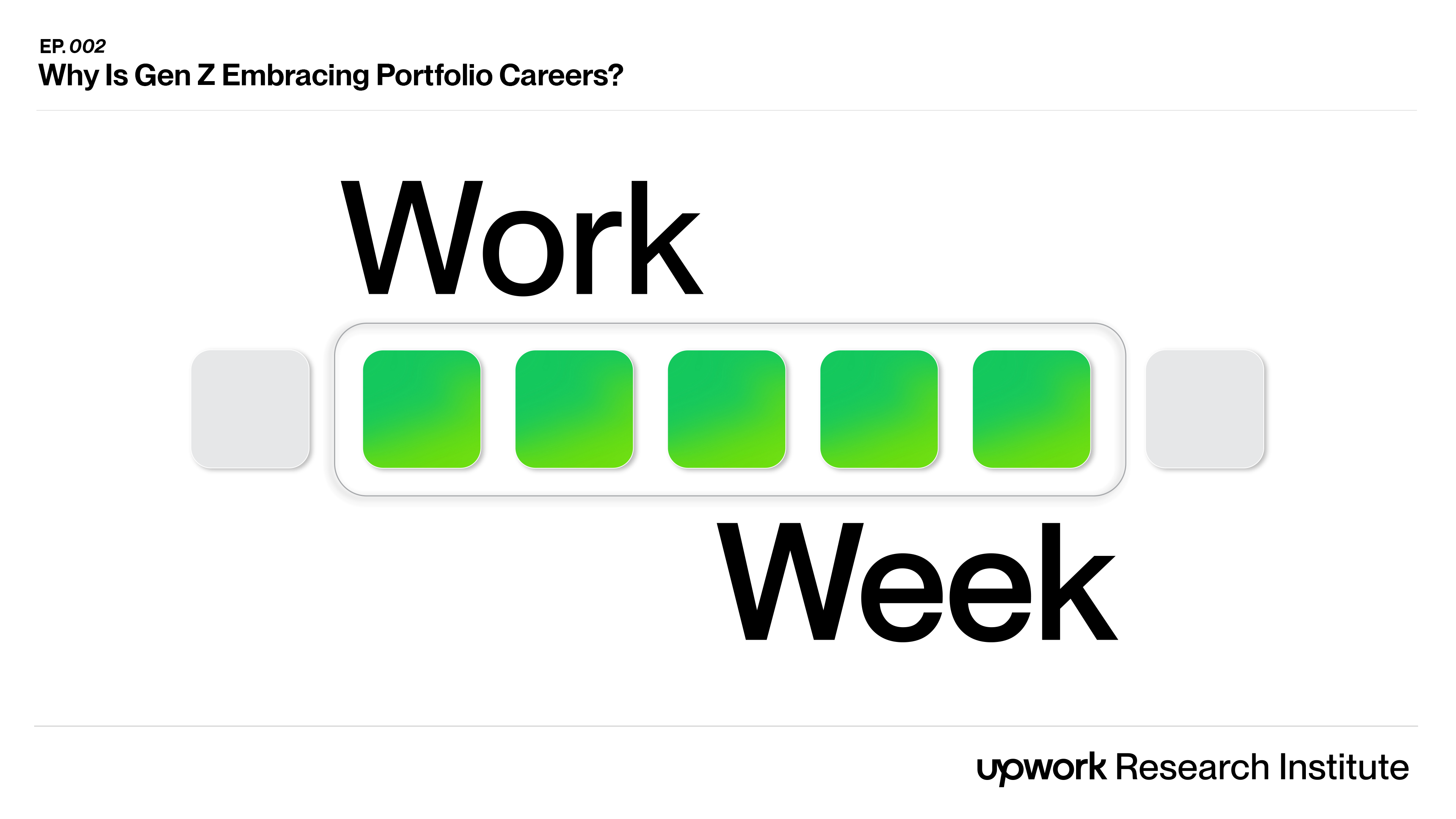
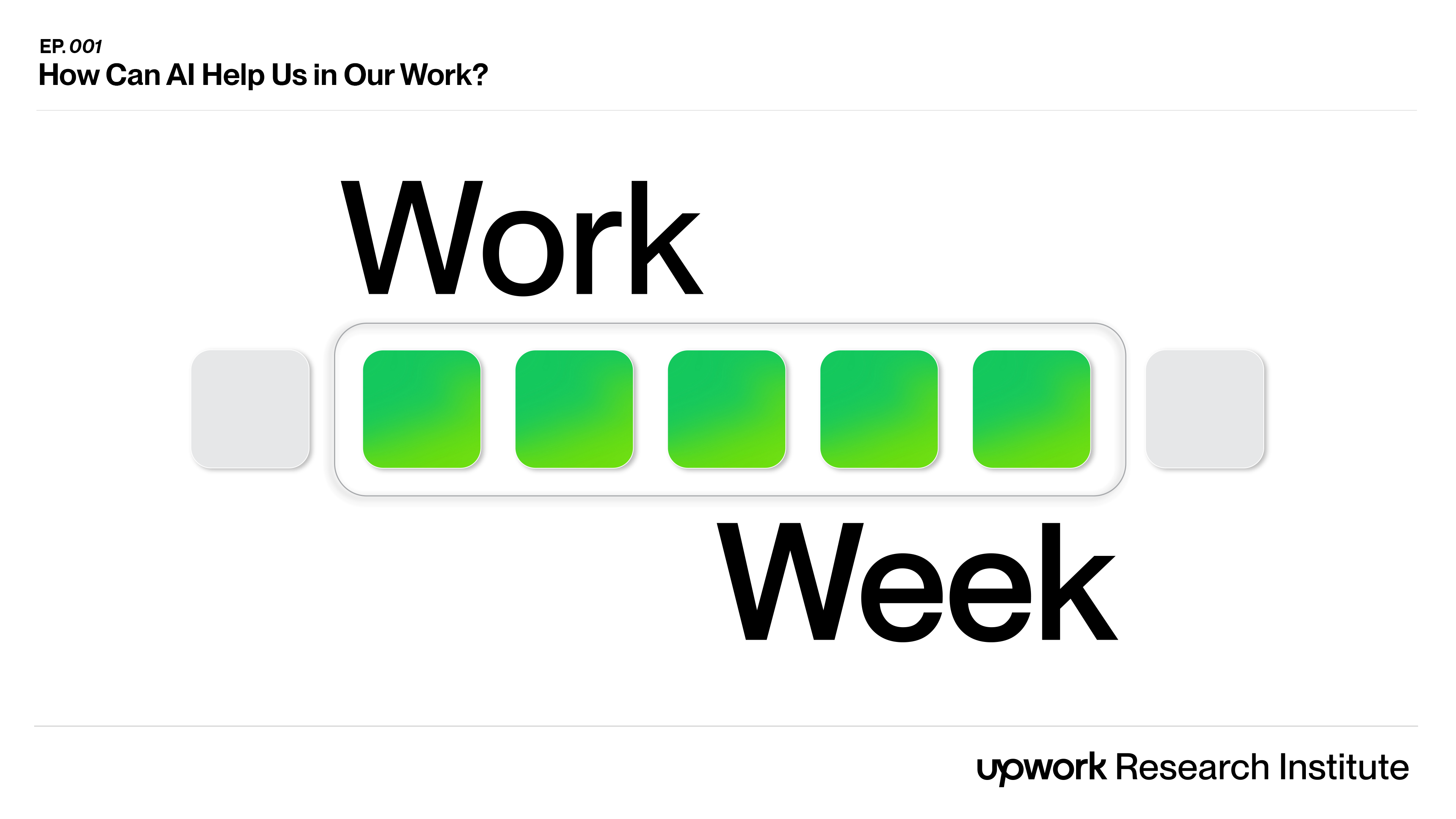
.jpg)